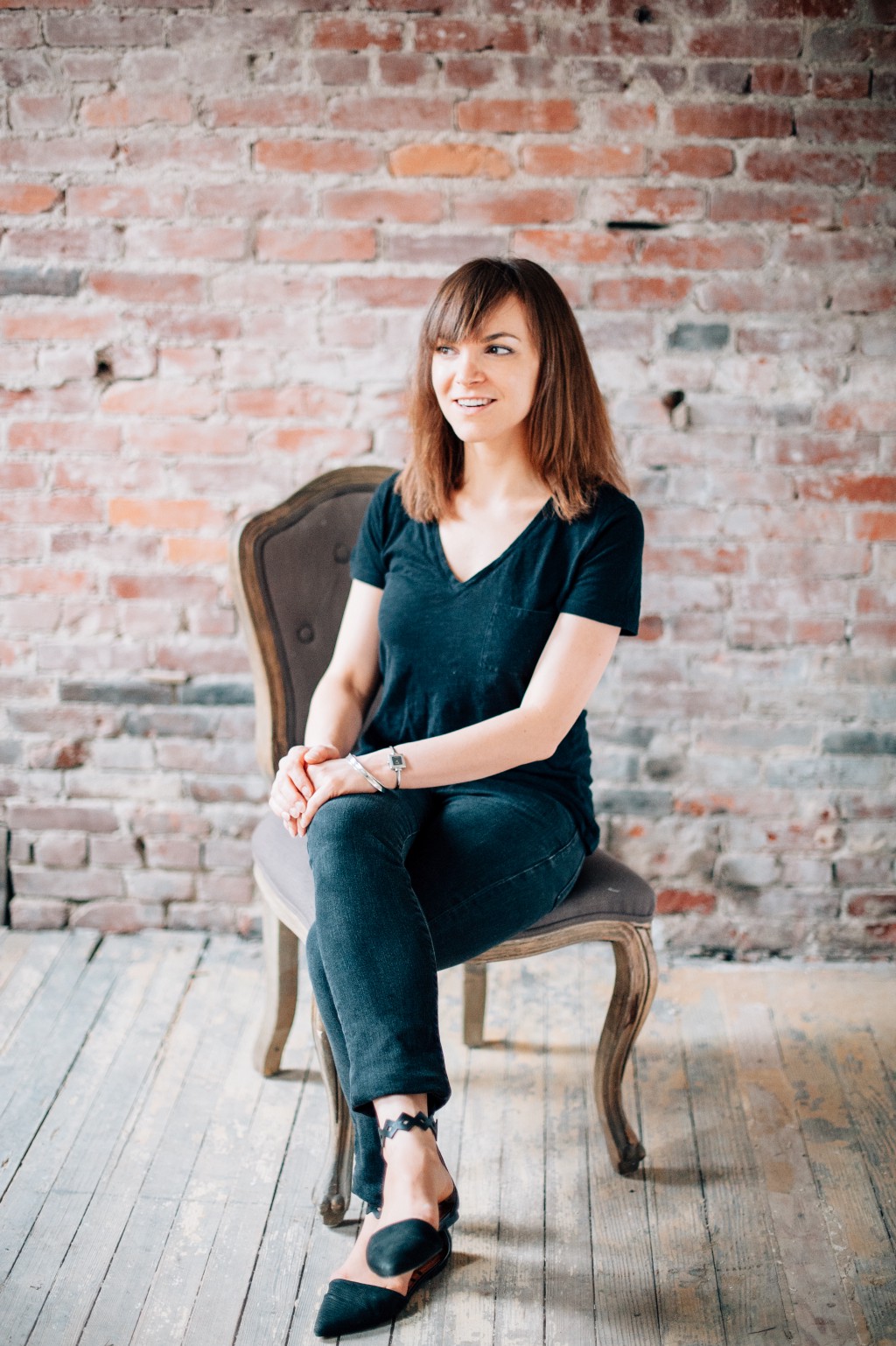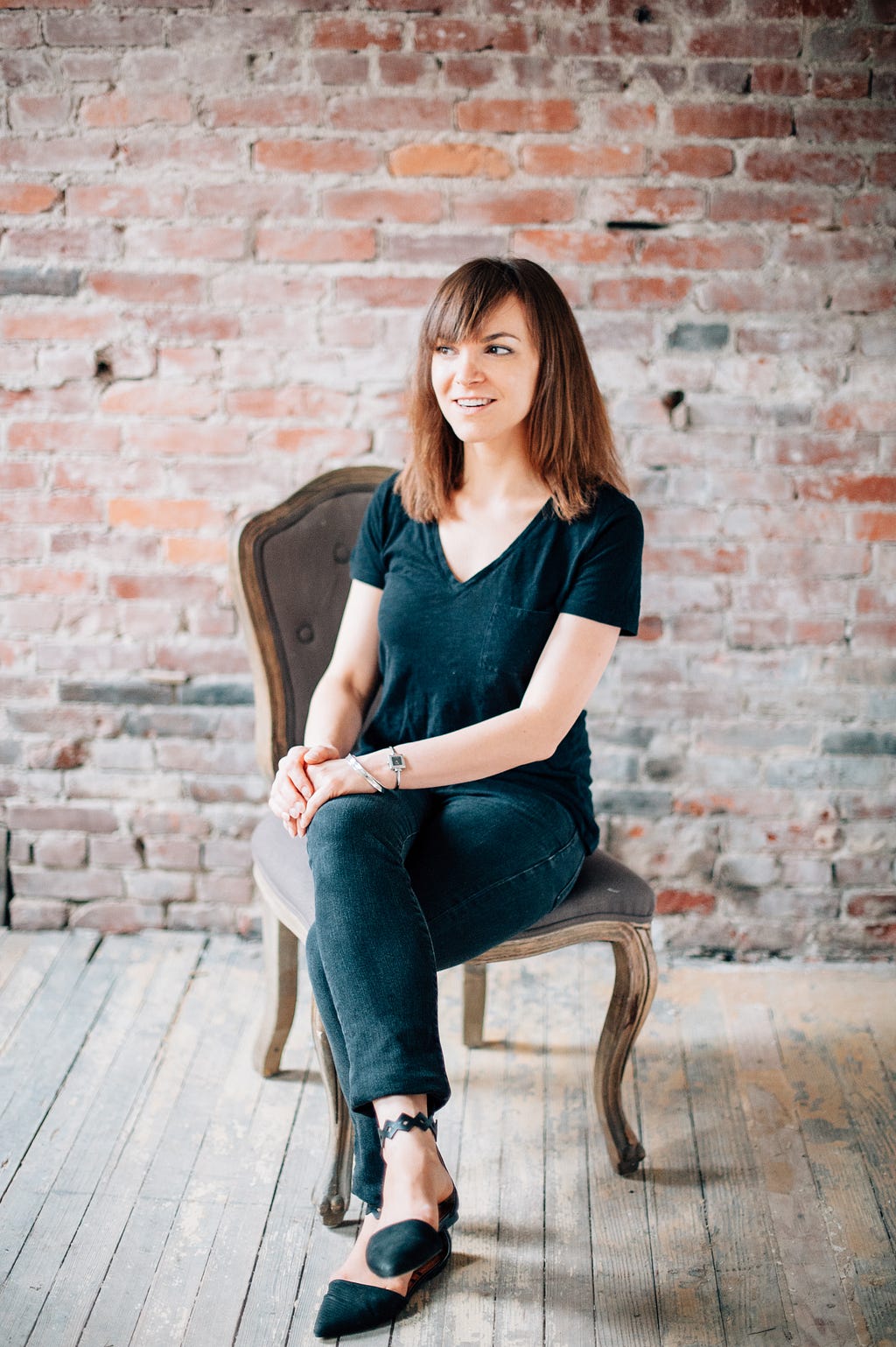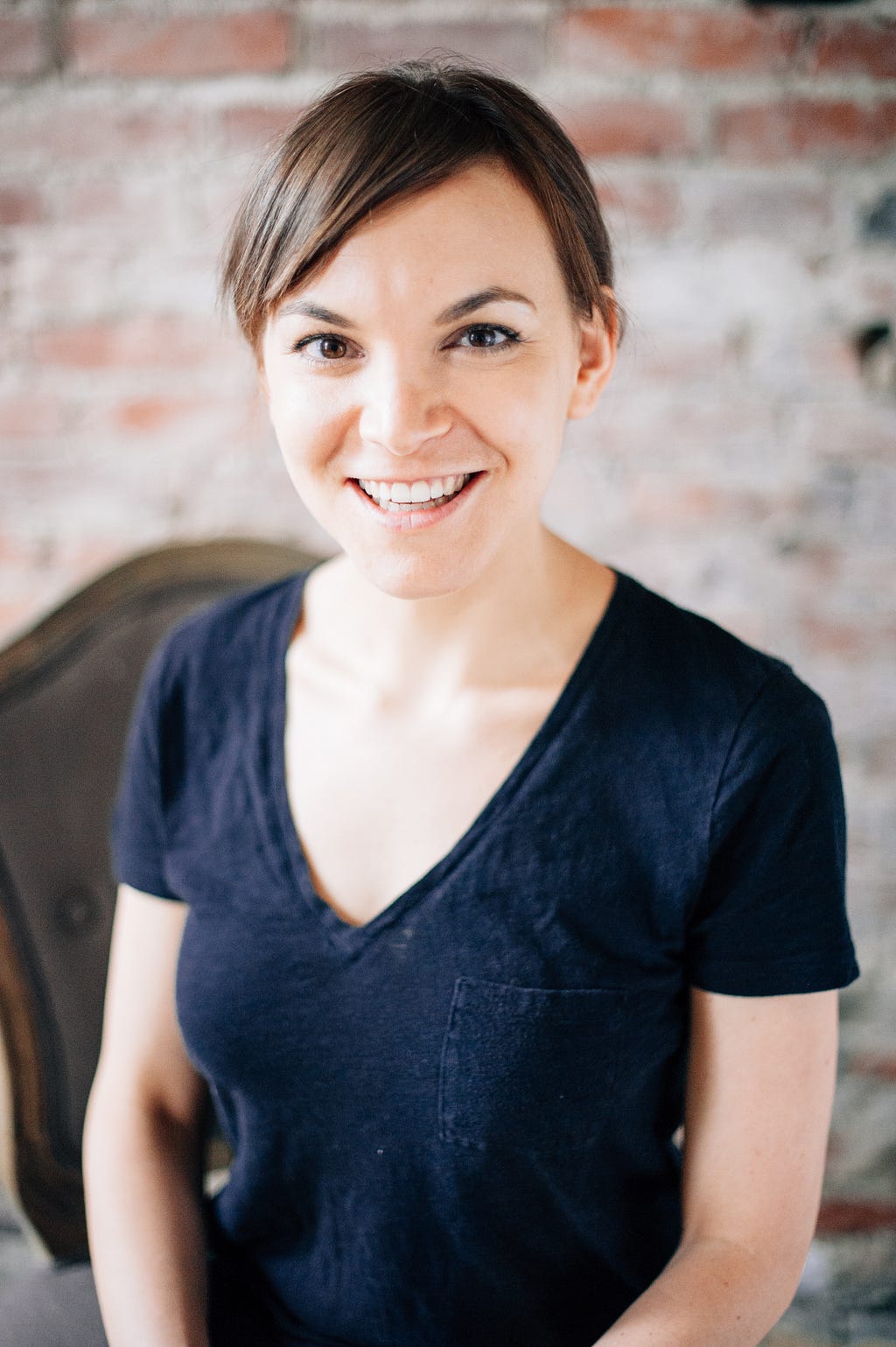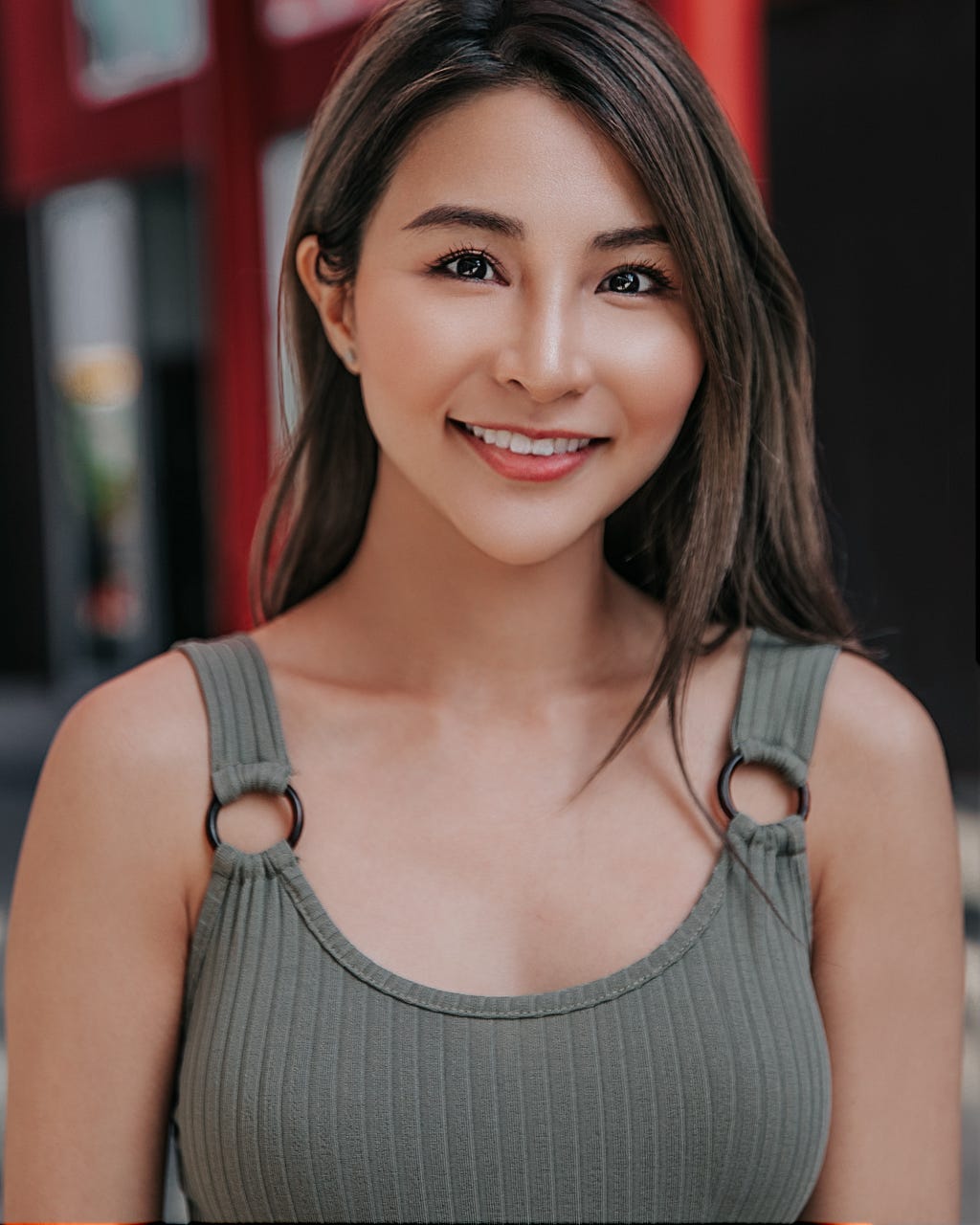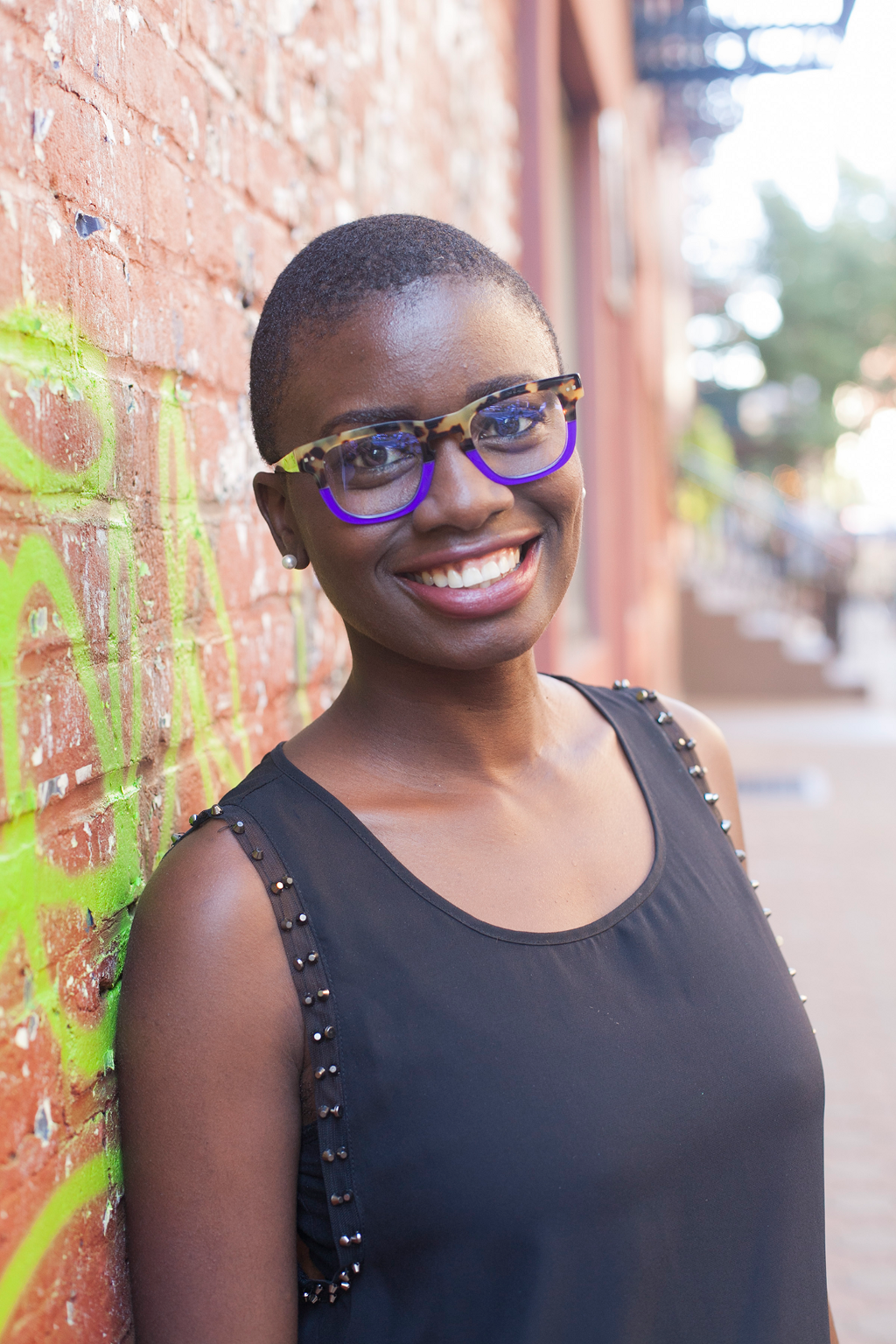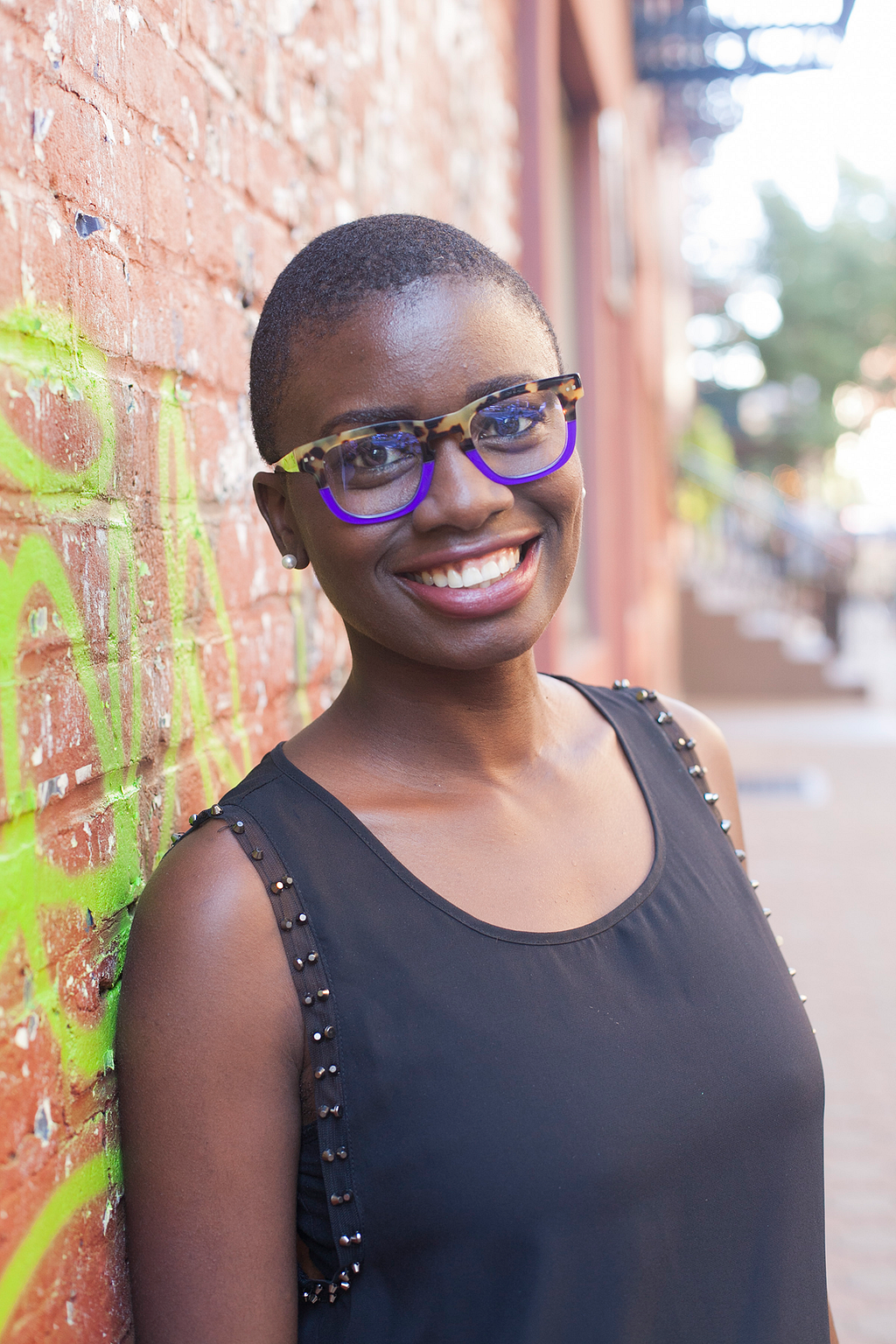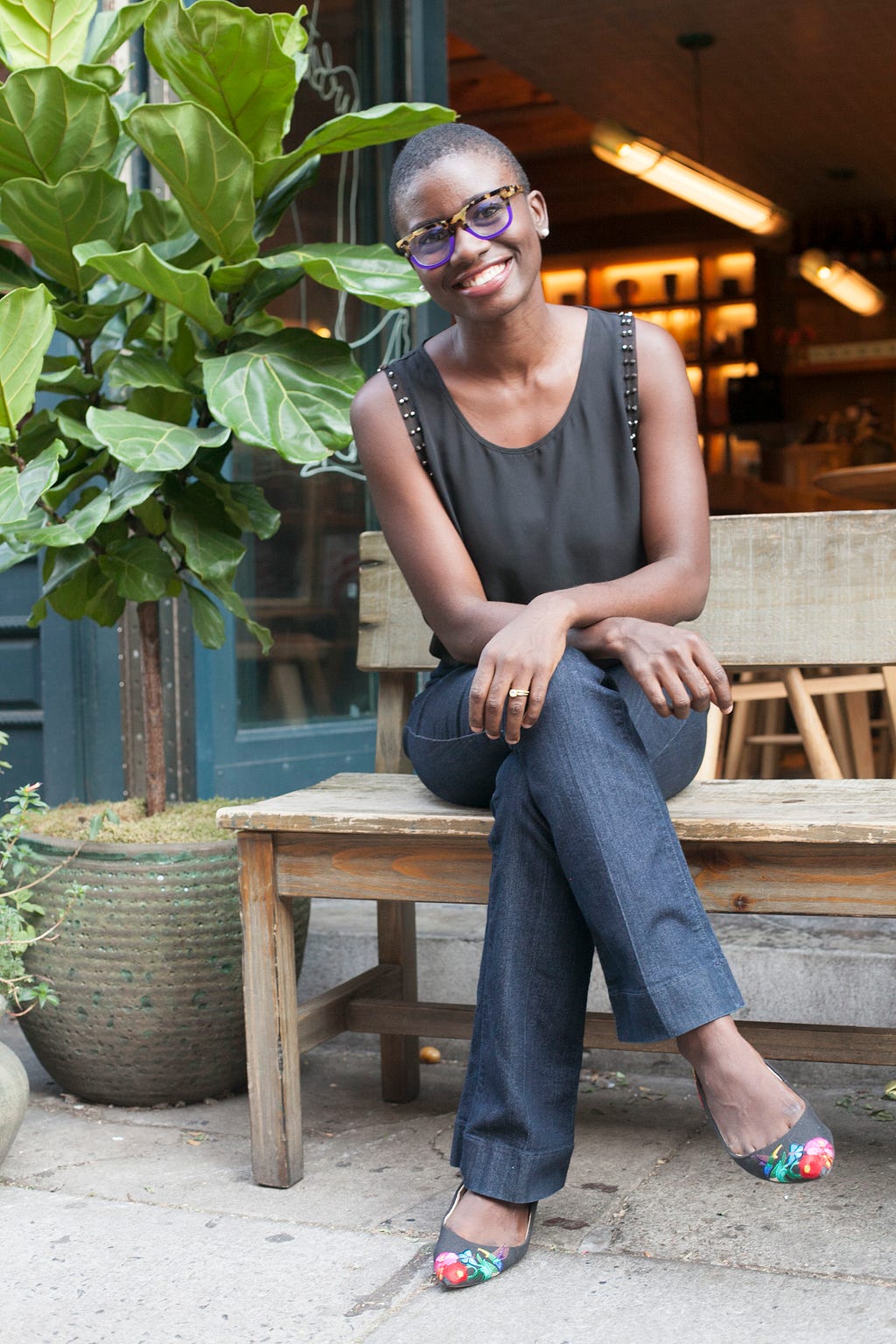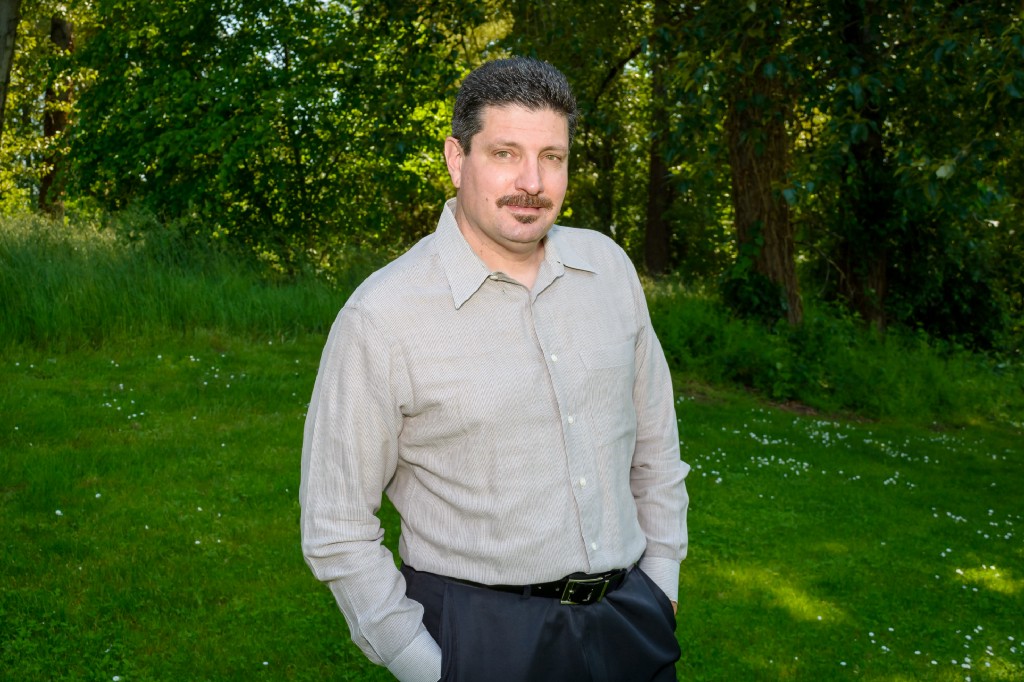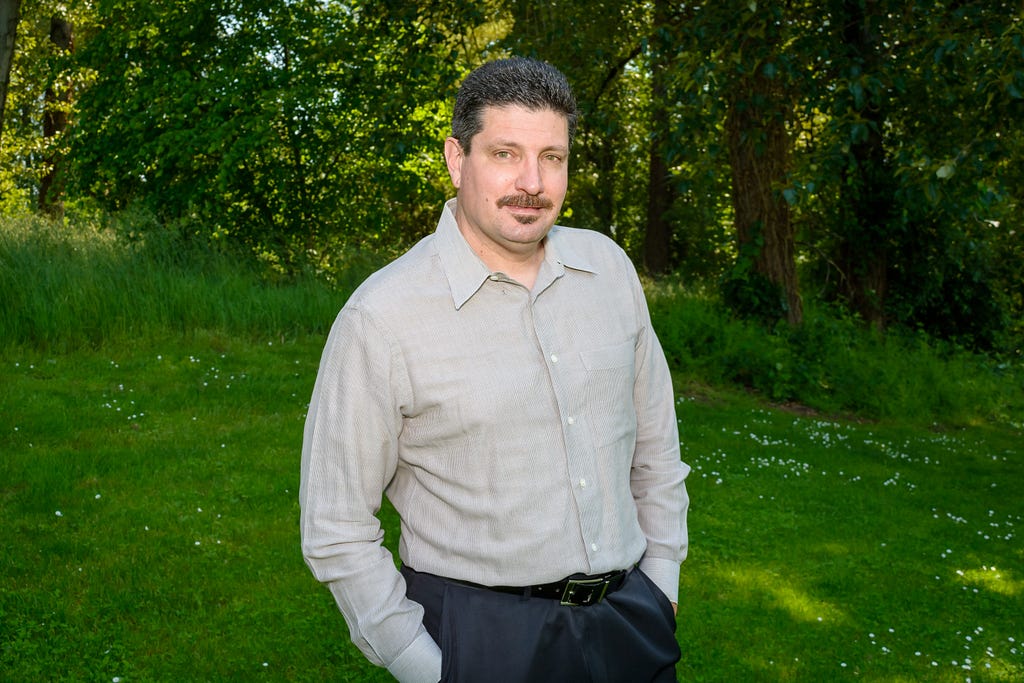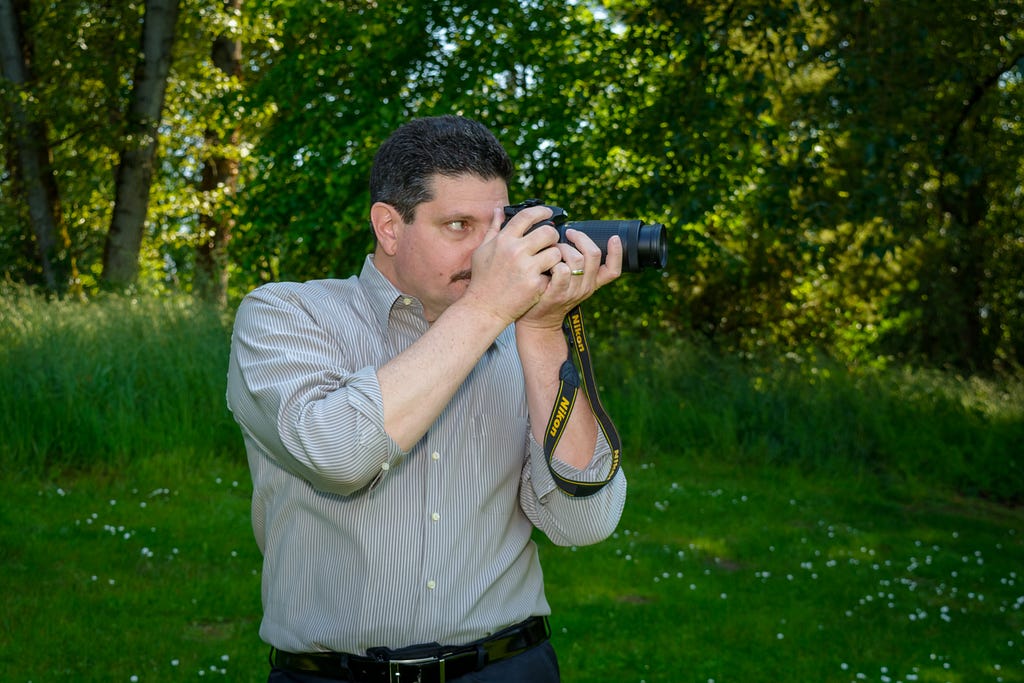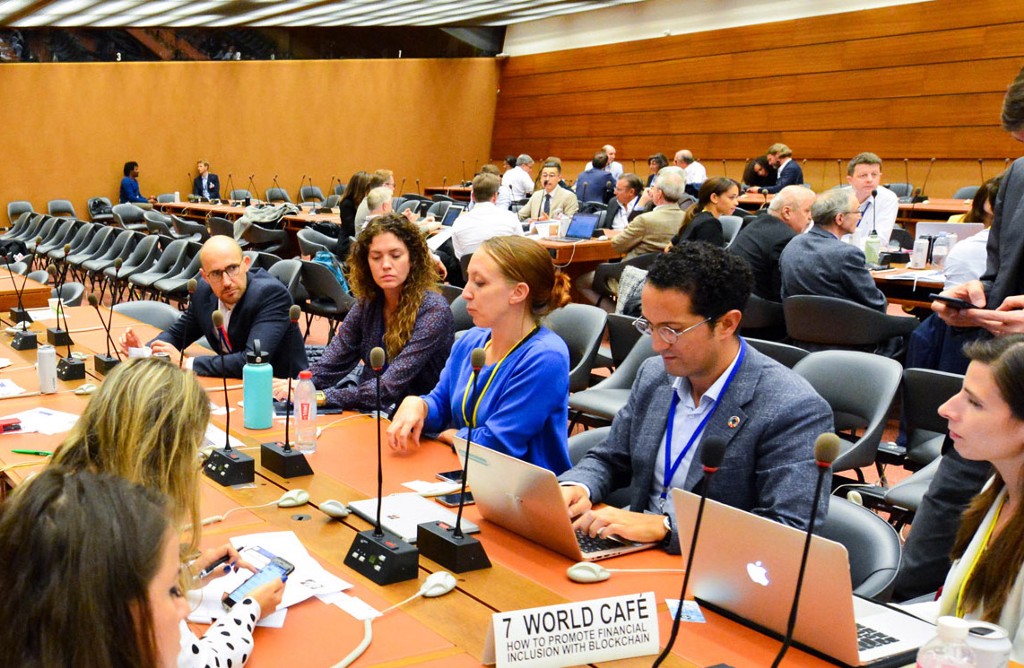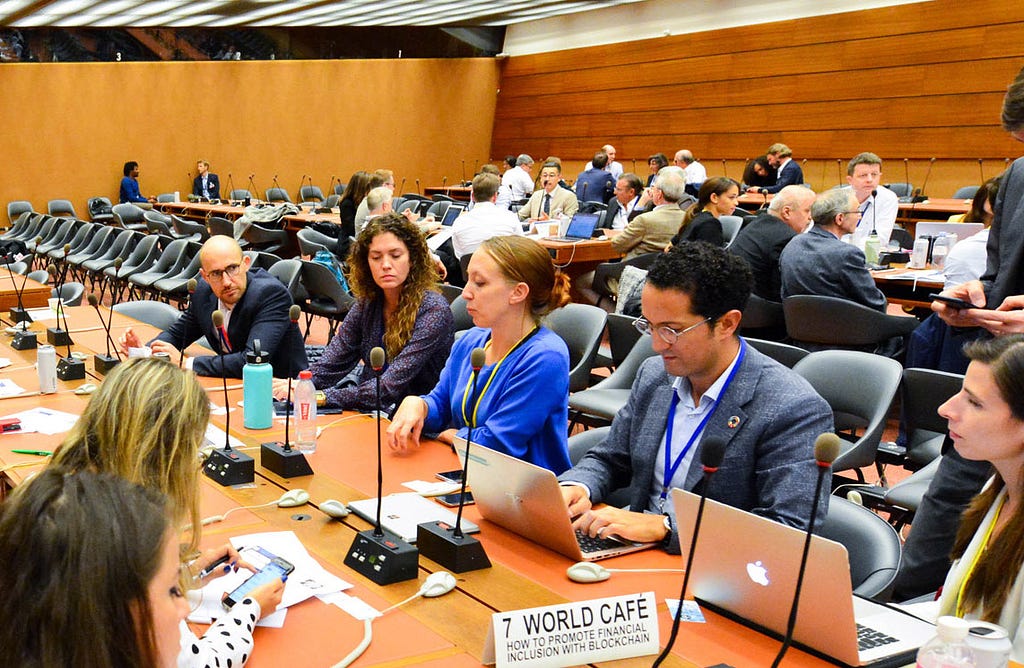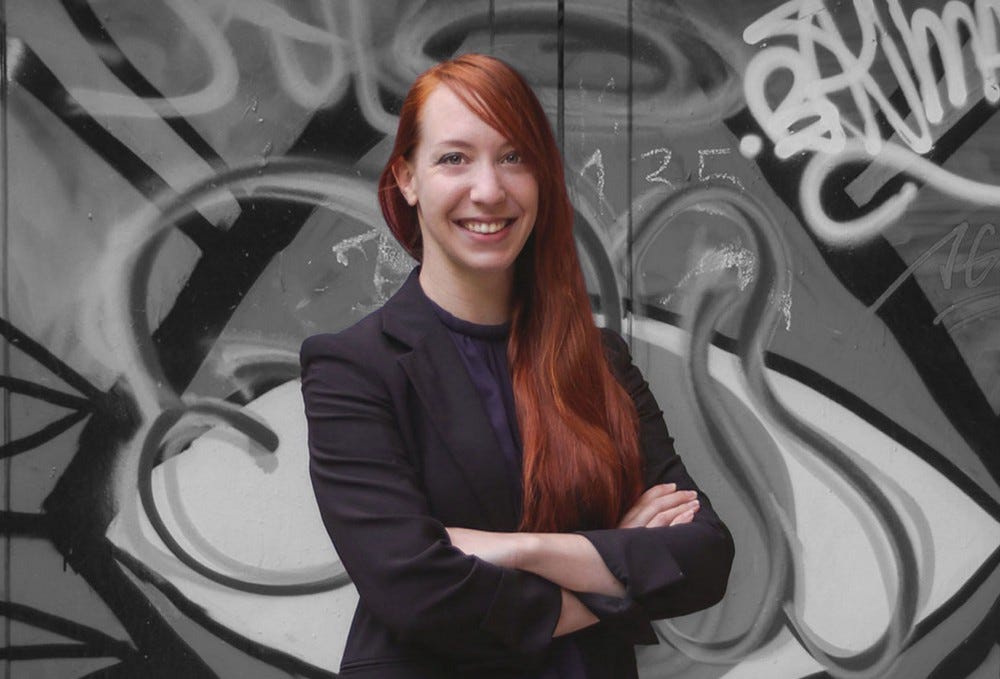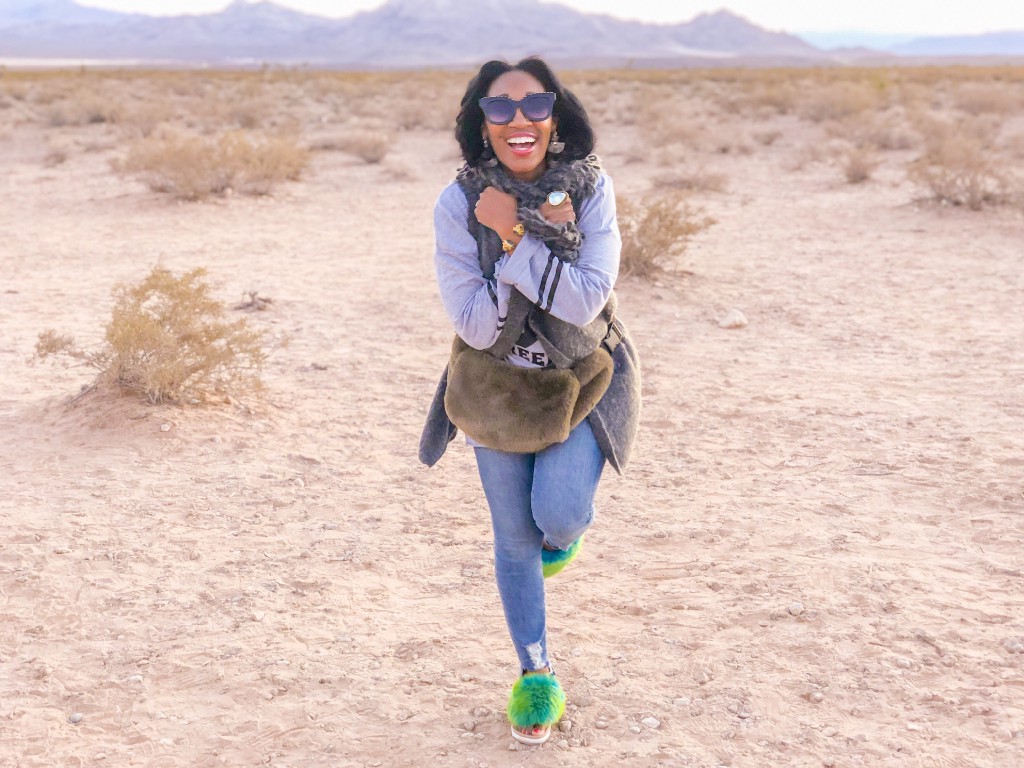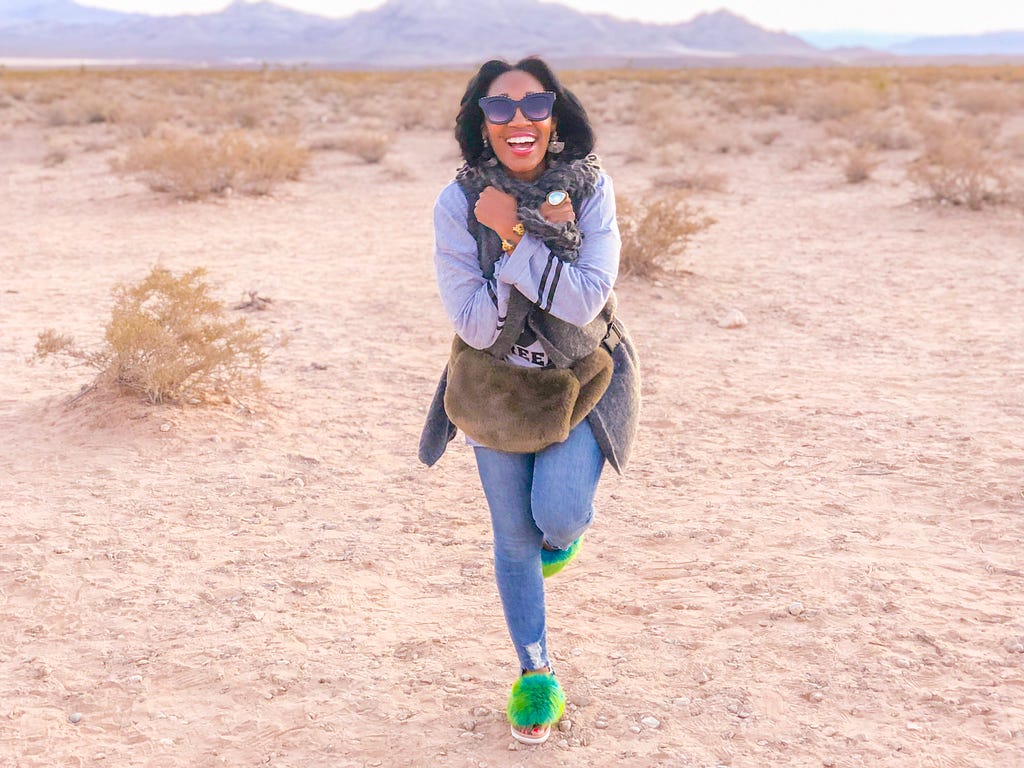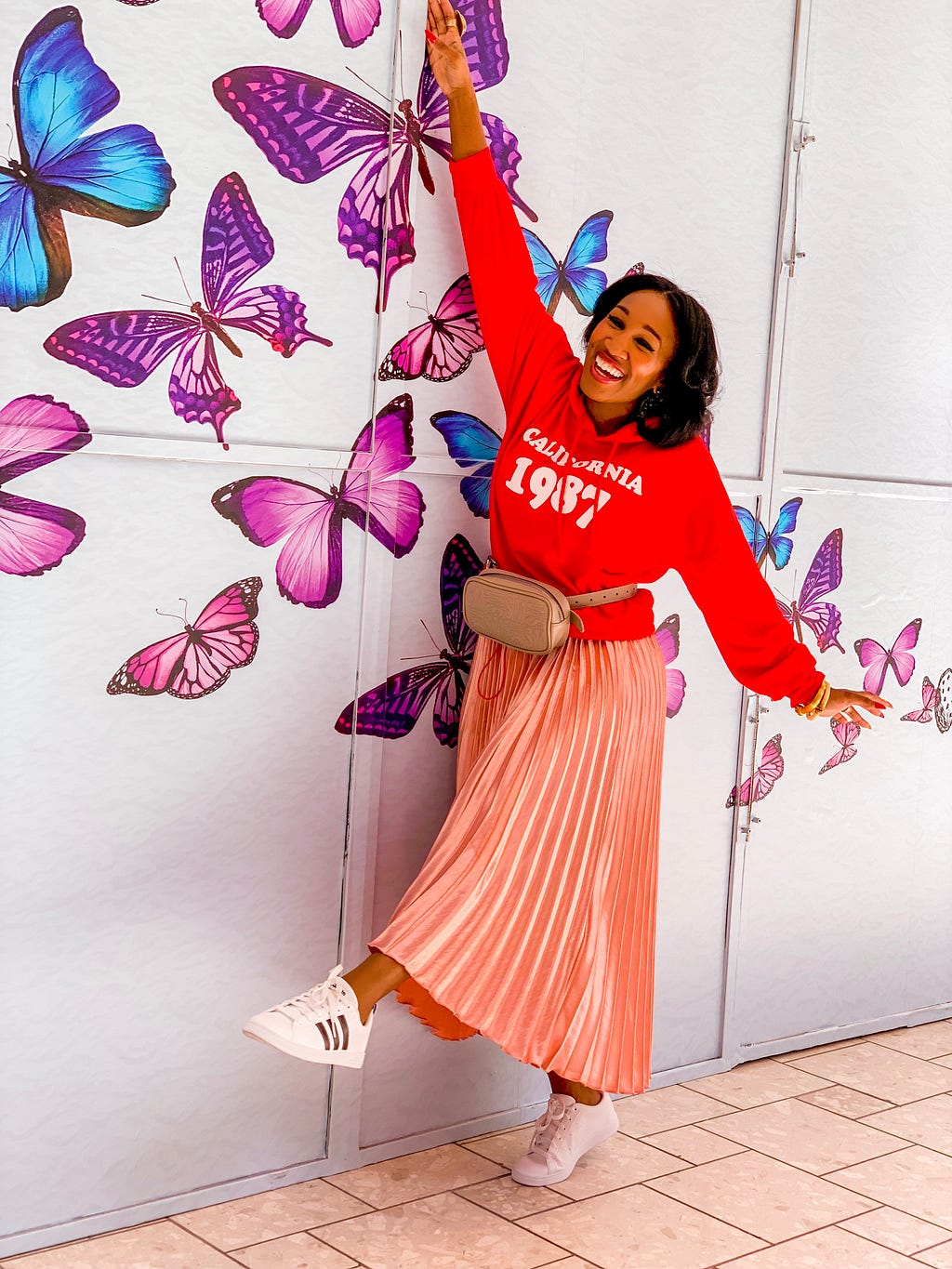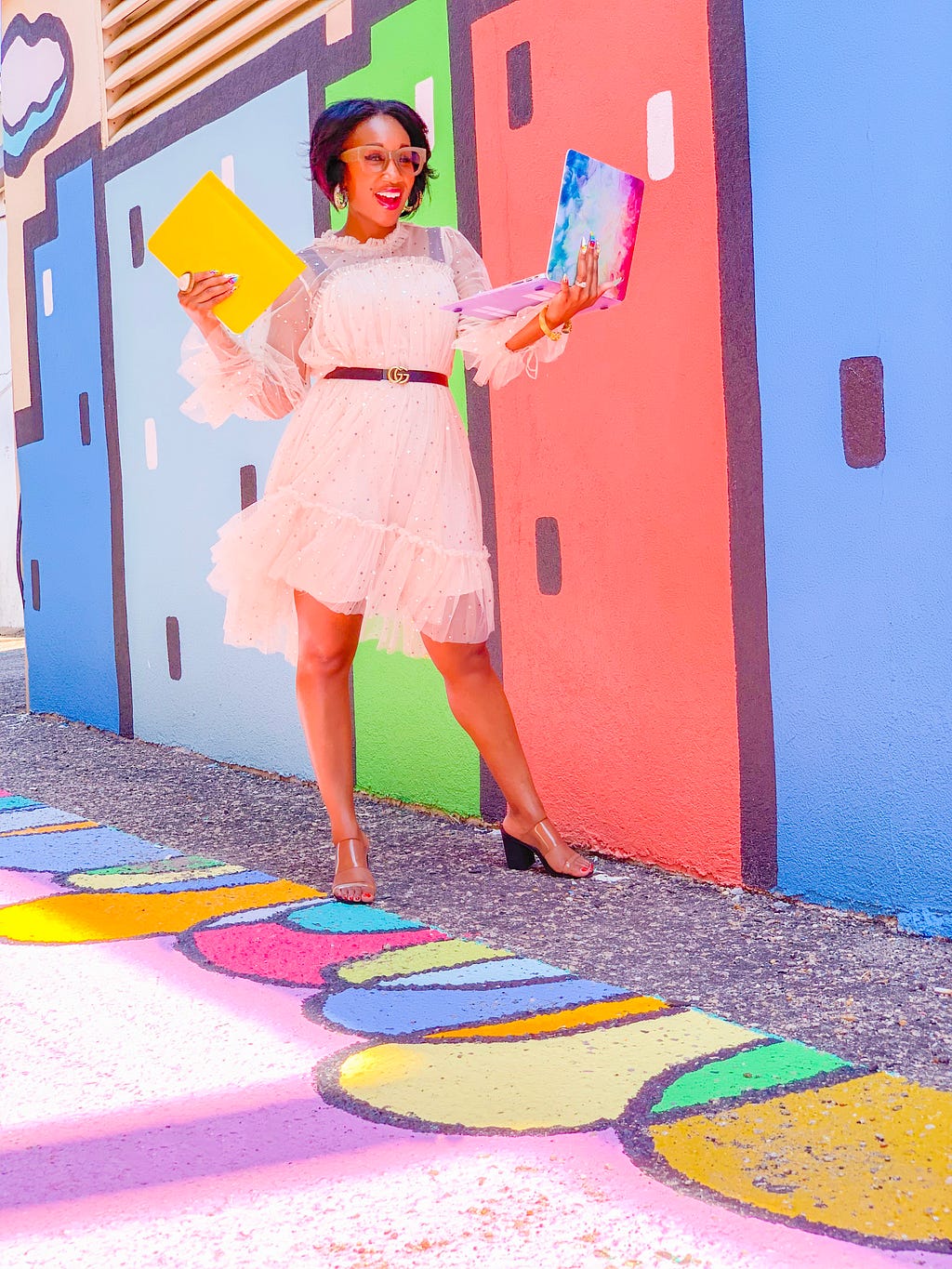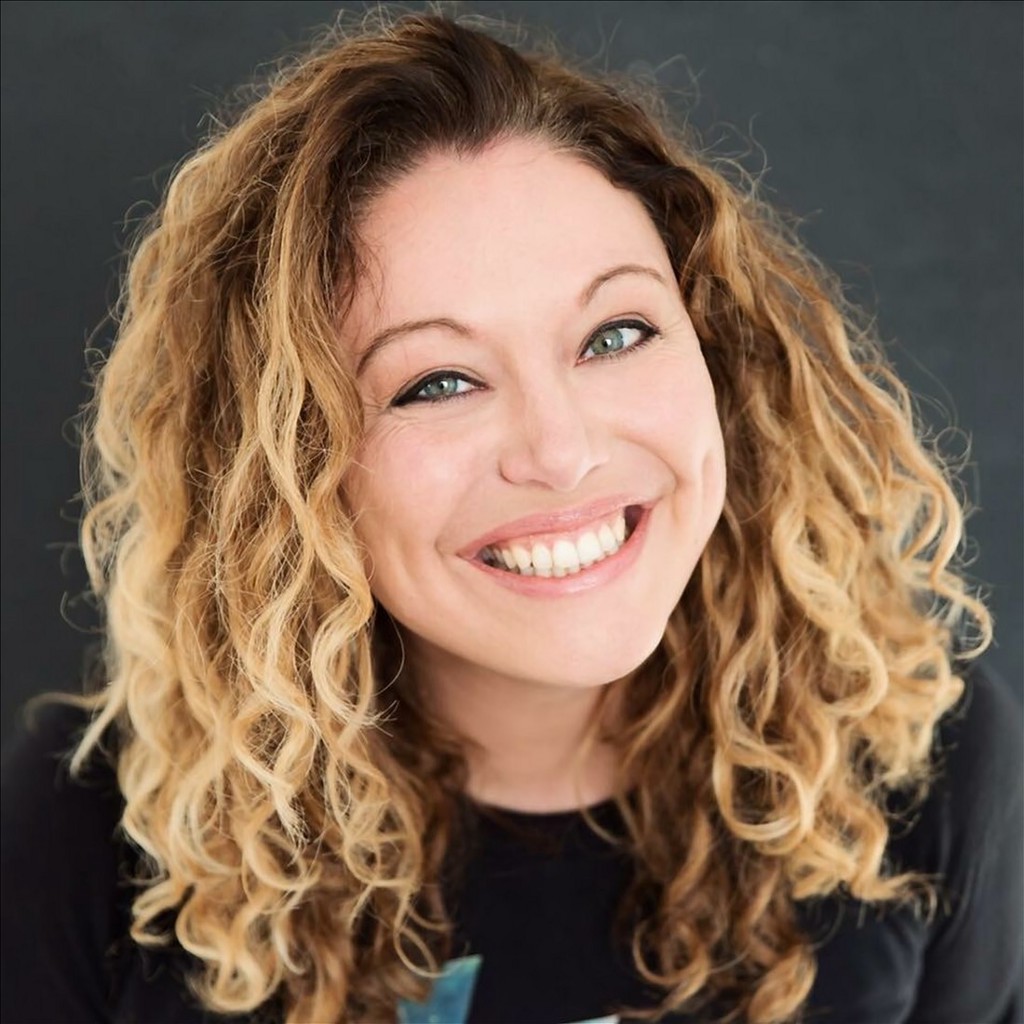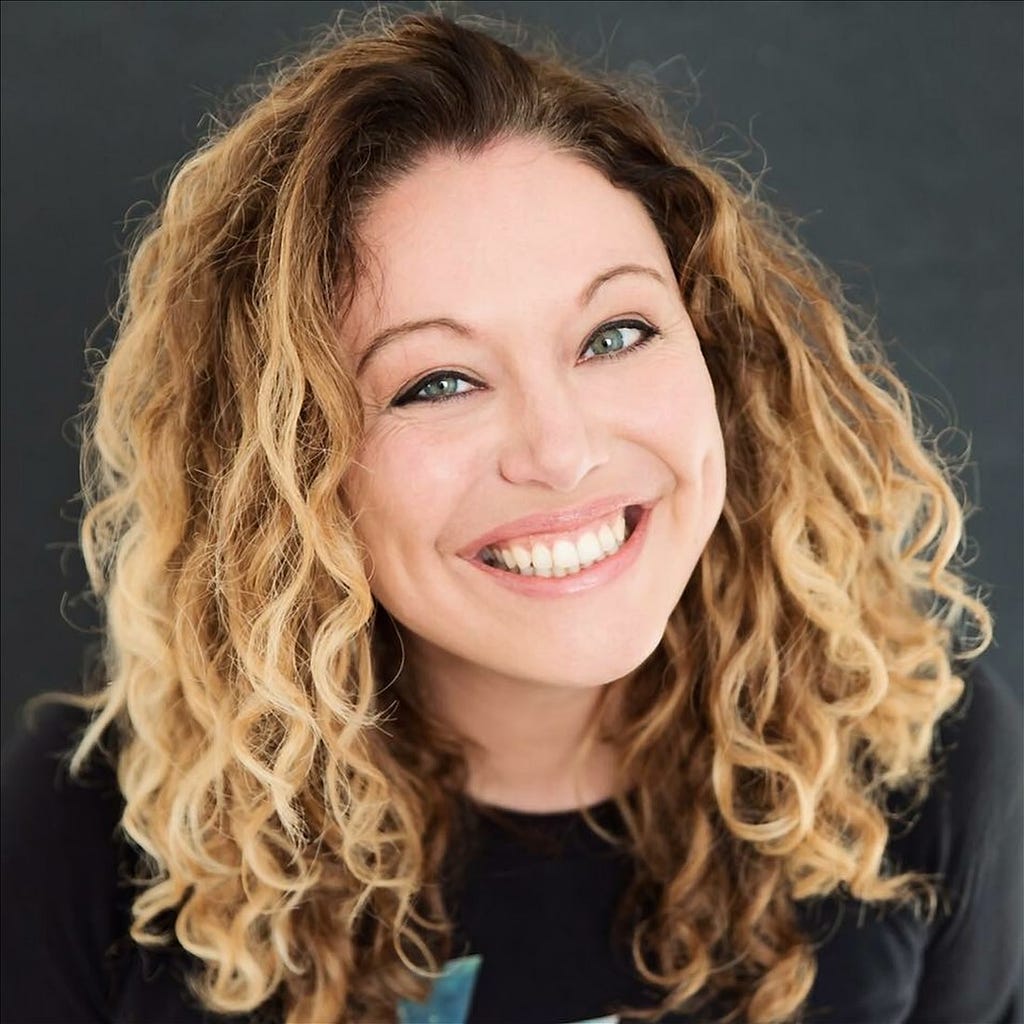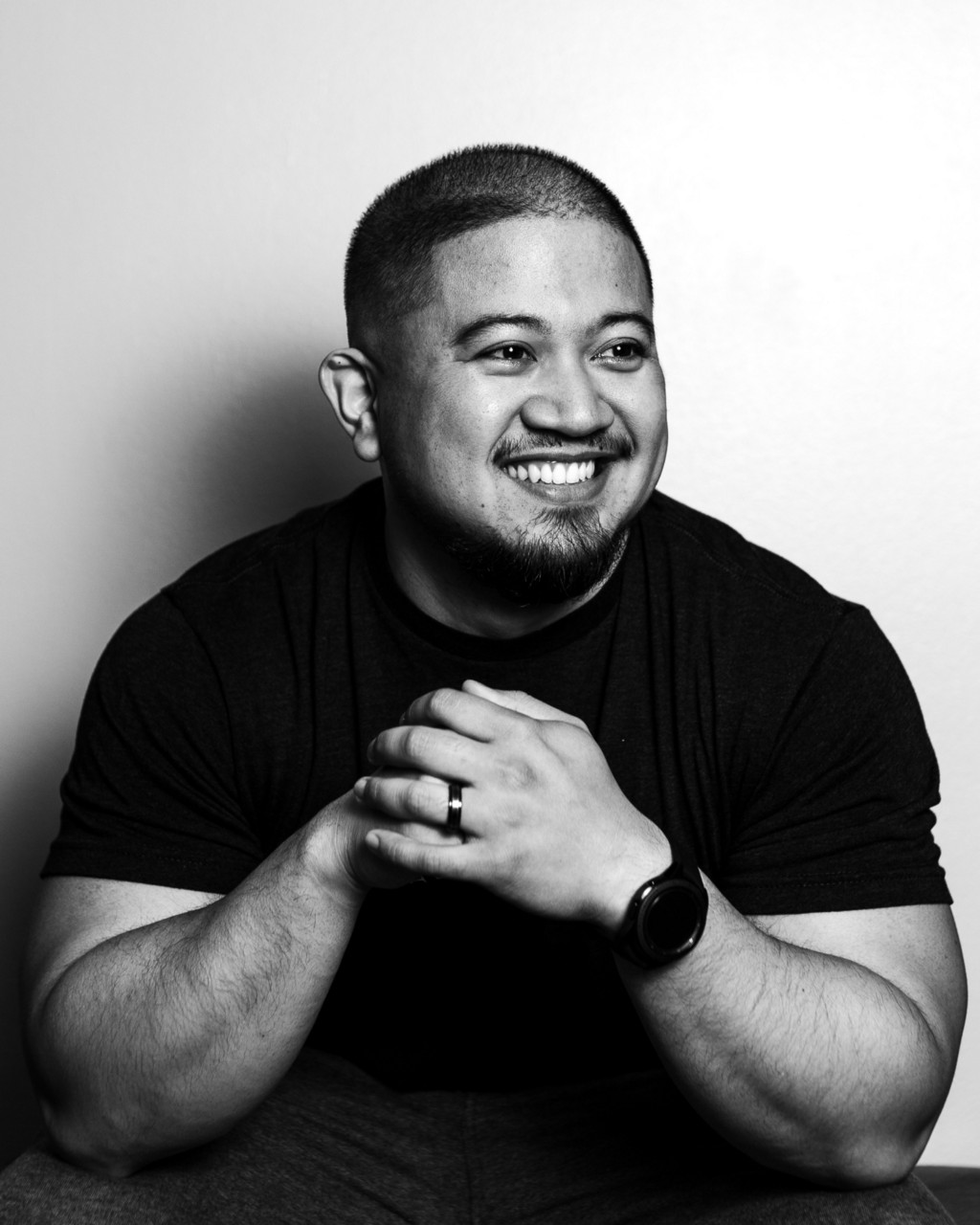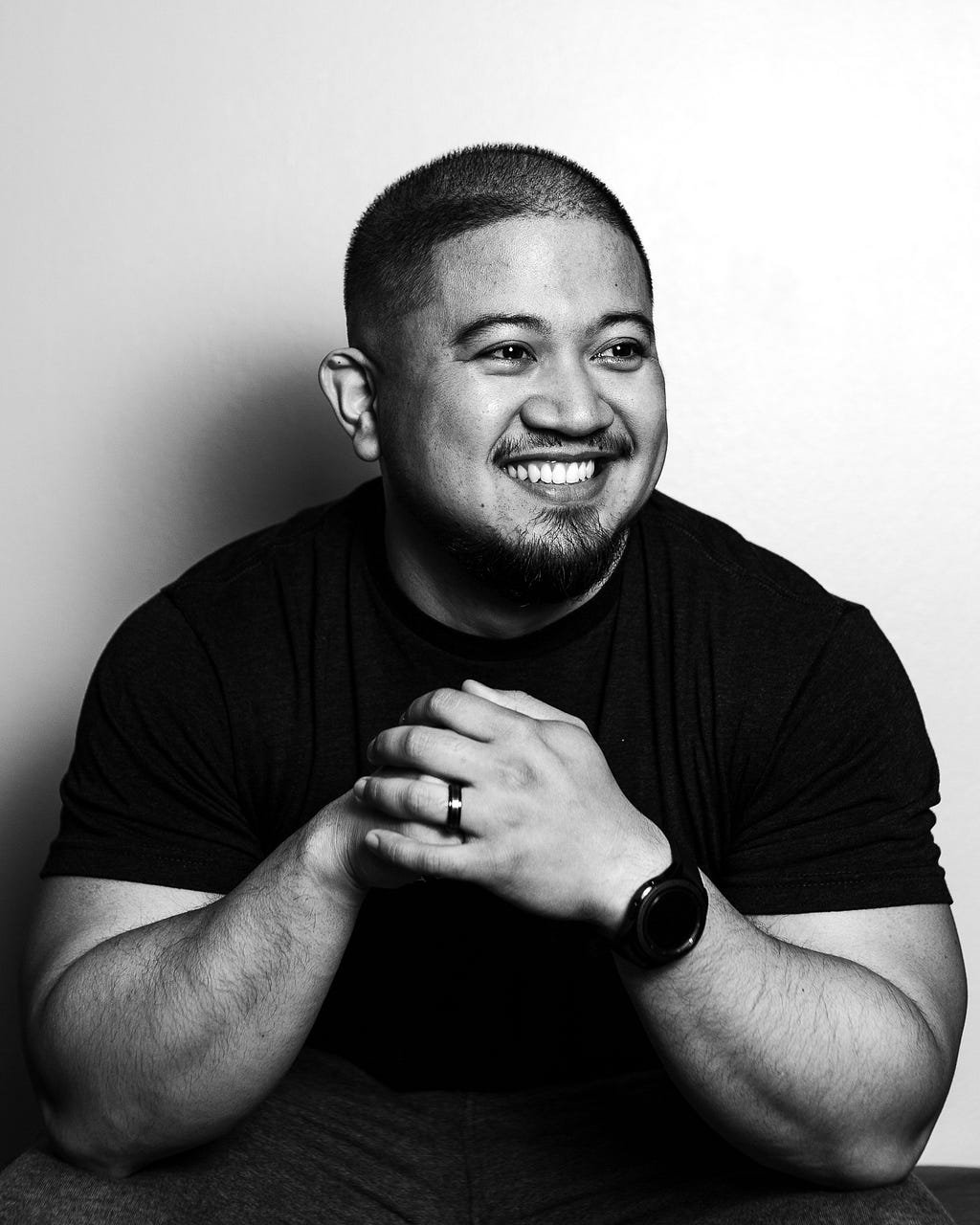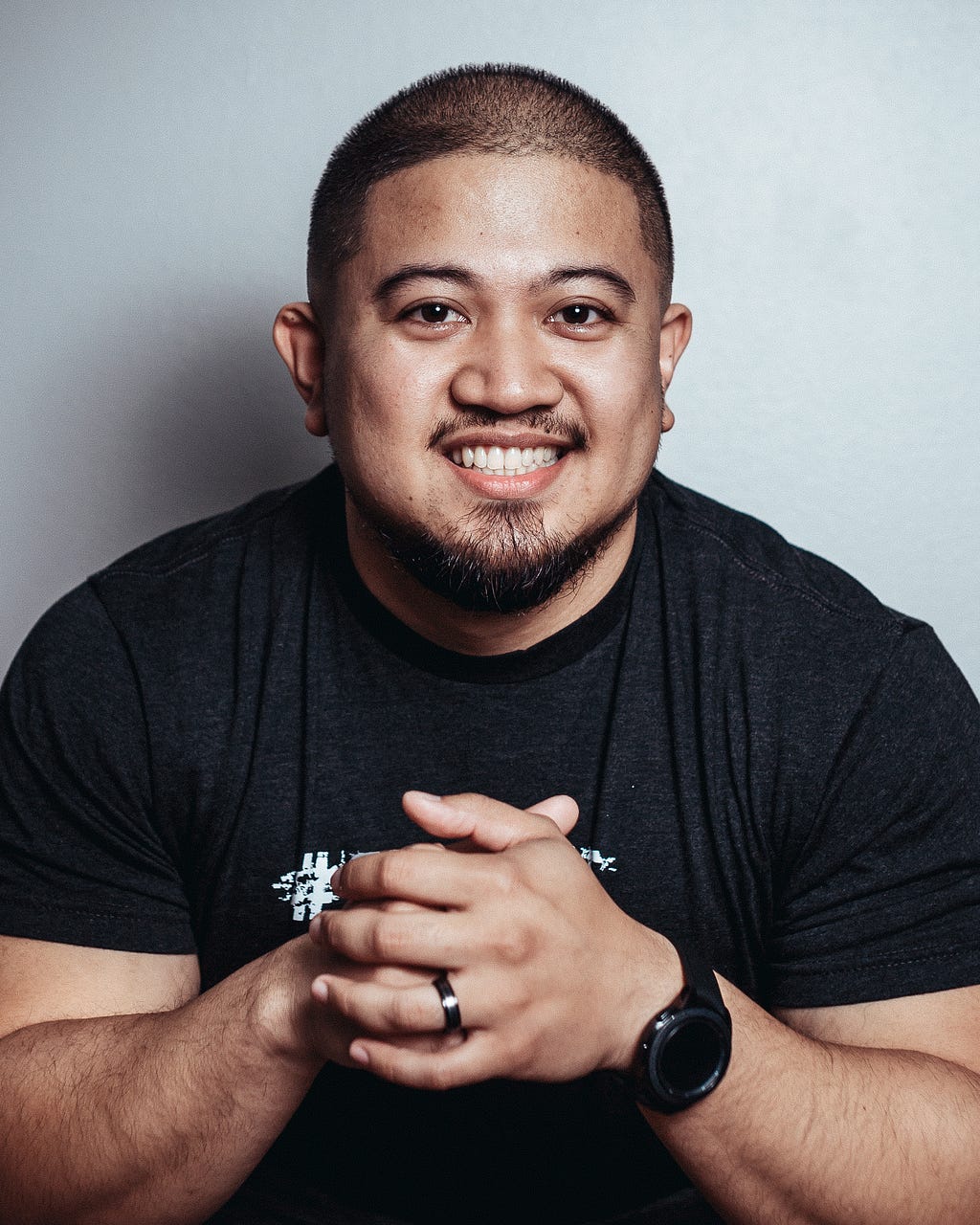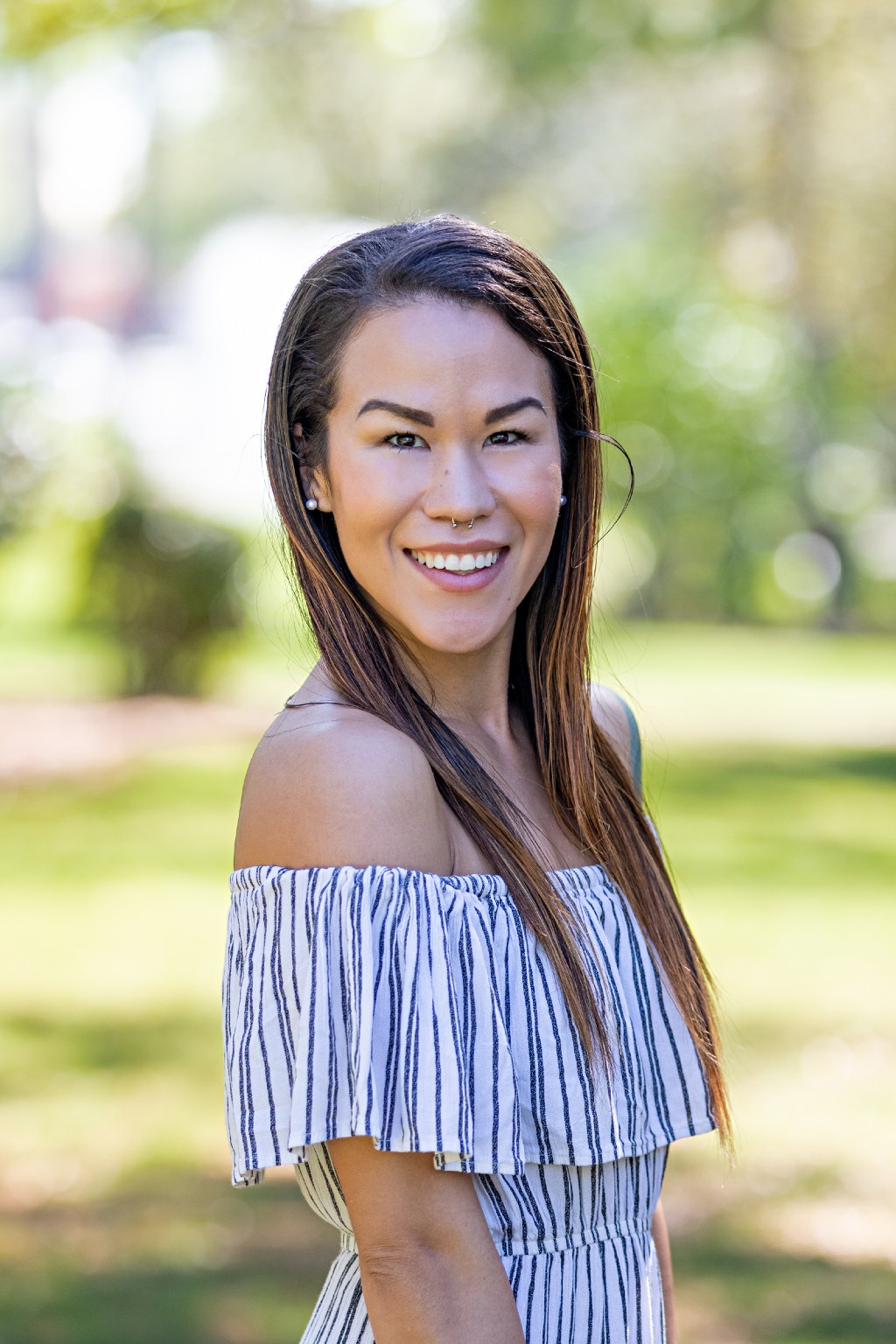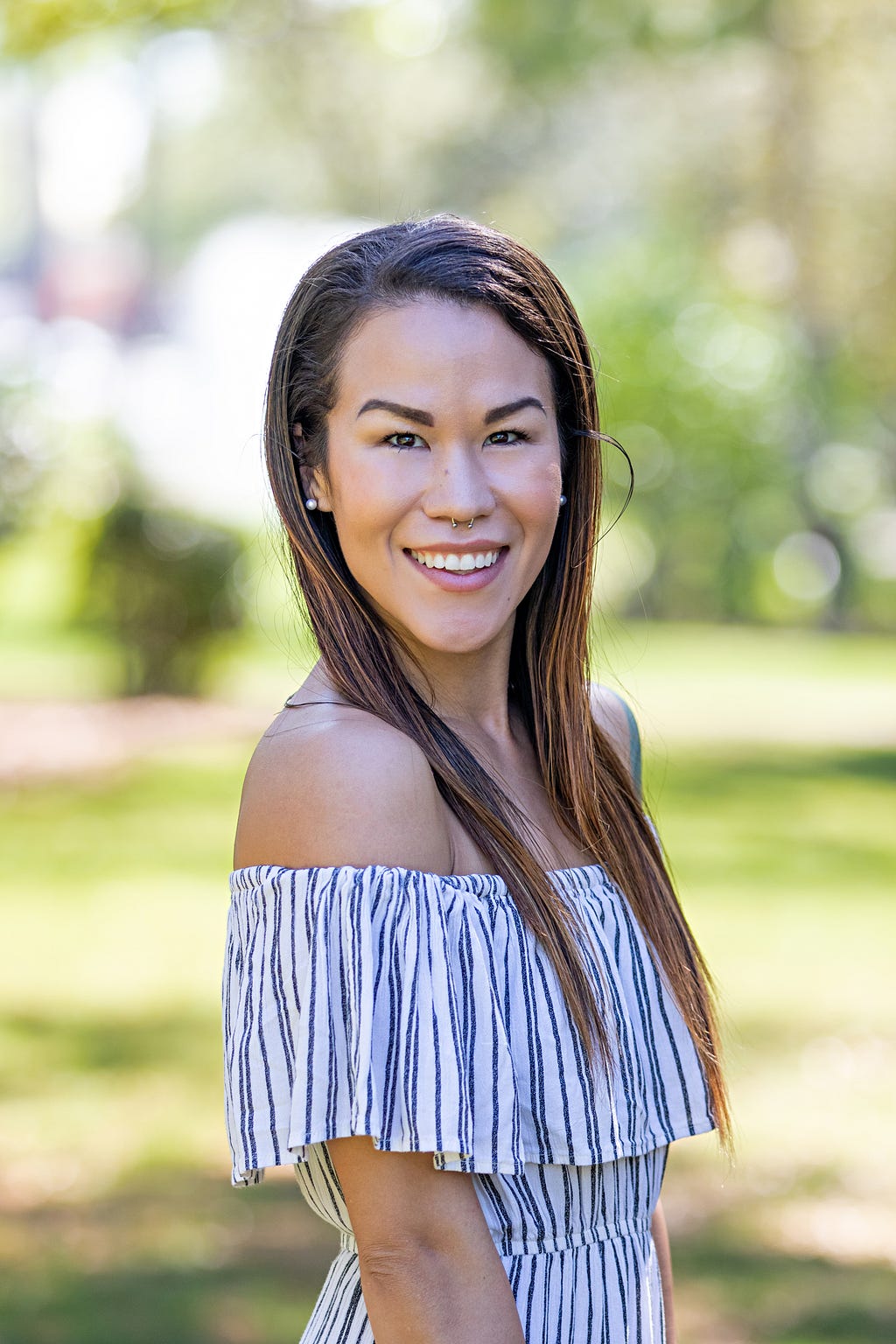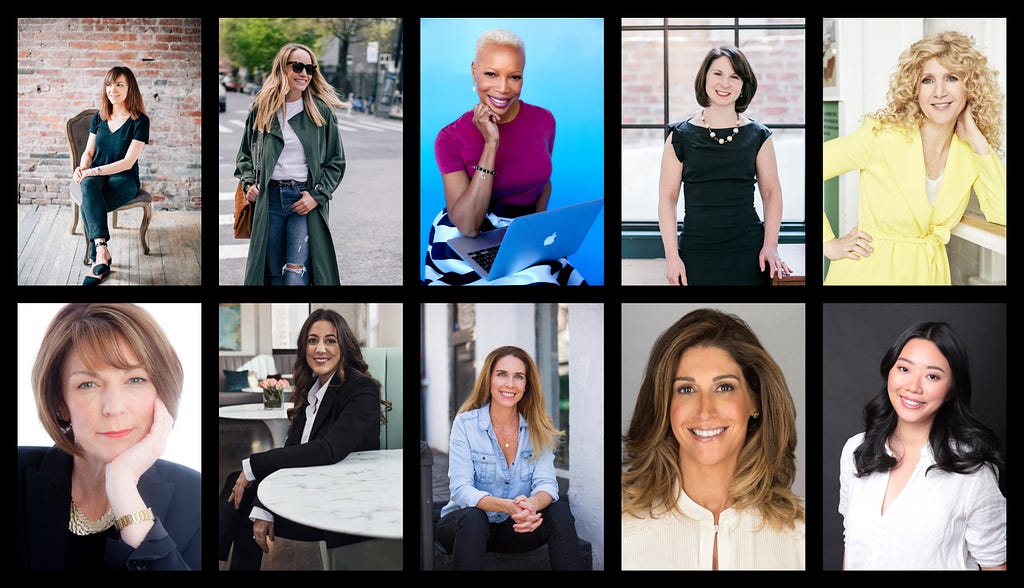
The movement to achieve equal opportunities for women has made incredible progress. But even in 2019 women still earn 80 cents for every dollar a man makes.
On Women’s Equality Day, 8/26, Authority Magazine launched a series called “5 Things We Need To Do To Close The Gender Wage Gap”.
In this series, scores of prominent women leaders shared their insights about the steps that we need to take to narrow and eventually close the gender wage gap.
Below are insights from ten of the women who were interviewed.
Shanna Hocking, Associate Vice President at the Children’s Hospital of Philadelphia

1. Promote women’s financial security — Women need additional training on salary negotiations (that account for bias against women). Many organizations have started to offer coaching for women, but they are not broadly available. In addition to understanding how to ask for a raise or negotiate a salary, women could also benefit from money management training, which has historically been something that men were expected to do.
2. Eliminate the motherhood penalty — Women are perceived to be less committed to their jobs when they have children. This bias, in addition to the significant challenges in managing a successful career and home life, can contribute to why working mothers choose to leave the traditional workforce. I have experienced this bias throughout my career, once being told in an interview that I wouldn’t be recommended for the role, because I had a family at home — not because I didn’t have the requisite experience or potential to lead.
3. Consider salary transparency — This can mean many different things, whether publicly posting all salaries, being forthcoming about salary information in interviews, or committing to pay men and women equally. Many states no longer allow employers to request previous salary history, which has historically contributed to the gender wage gap.
4. Allow salary information to be shared — Many companies require employees to keep salary information confidential and they can penalize employees for speaking openly about their salaries, which limits women’s ability to understand when there are parity issues. One respected leader in my field told me her actual salary figure to give me a sense of what the market offers. Even more than the number, her candor made quite an impression on me. She told me: “We all rise together as women.” In turn, I have shared this with other women I have mentored through salary negotiations to help prepare them with the information they need to be successful.
5. Create affordable childcare options — When a family has to make a choice between paying the cost of childcare or staying home to care for children, this can affect the ability for parents to contribute financially to the family or advance their careers. This isn’t a women’s issue, but caregiving responsibilities have often fallen to women.
Unfortunately, it is not likely that the gender wage gap will disappear any time soon. These are suggested efforts to help us get closer to our goals. For there to be any significant changes, many of these efforts would have to be done together, rather than considering any one on its own.
(Full context here )
Gail Becker, CEO of CAULIPOWER
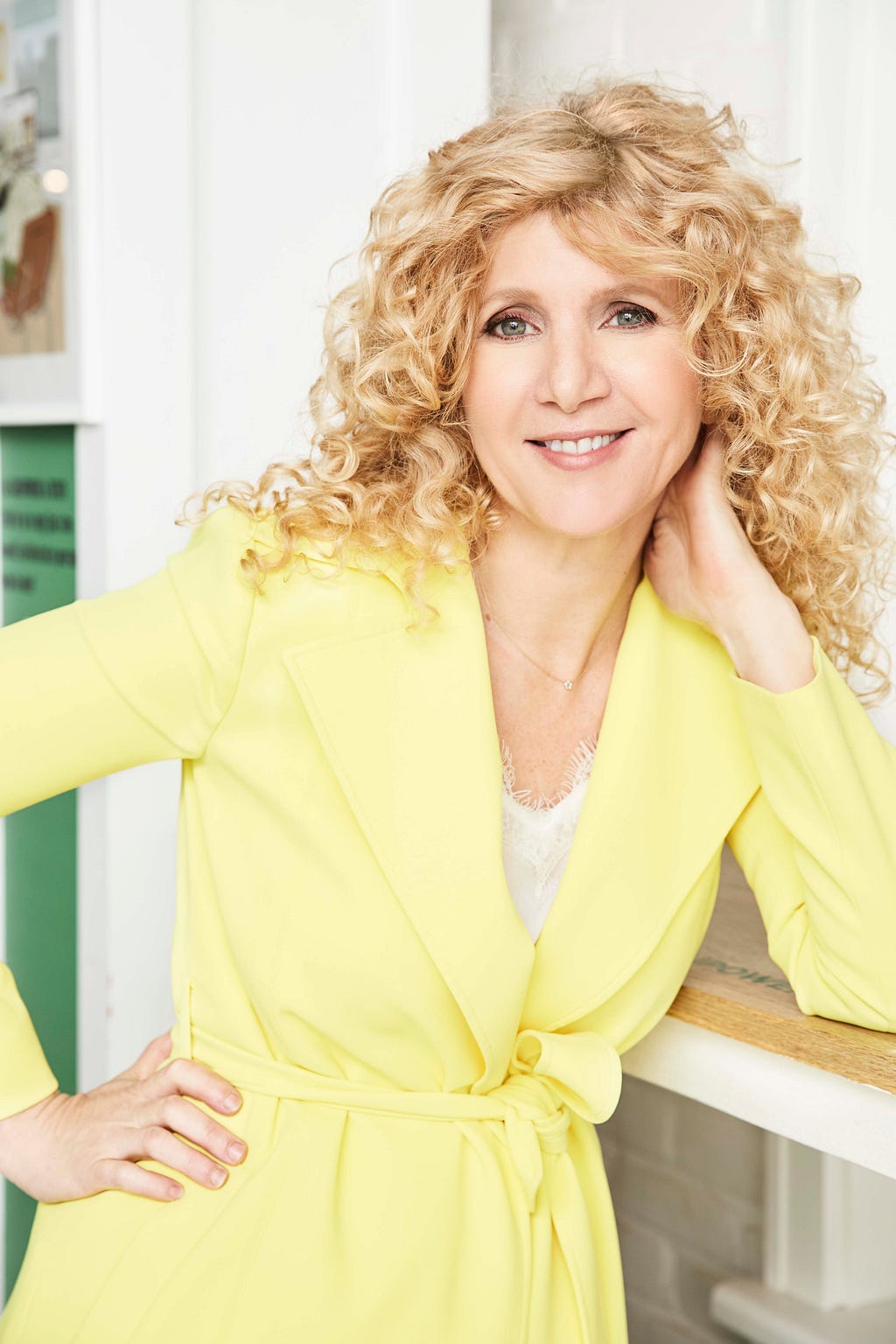
Supporting pay equality for women also means supporting women-owned businesses. When people talk about the ‘wage gap,’ they often overlook the overwhelming disparity that exists for female entrepreneurs. During my time in corporate America, I saw firsthand the far-reaching effects of gender inequity, but I never experienced its impact as deeply as I did when I left to start CAULIPOWER.
Going into our first fundraise in 2017, I was stunned to learn that only two percent of VC dollars go to female-founded startups even though female founders deliver 47 cents more return per dollar of funding than male founders. This startling statistic has hardly changed in the two years since. We must fix this. How? Start by buying more products from female-founded companies and invest in companies that support women. Only then can we narrow the wage gap in the marketplace…and in the workplace!
Angela Peacock
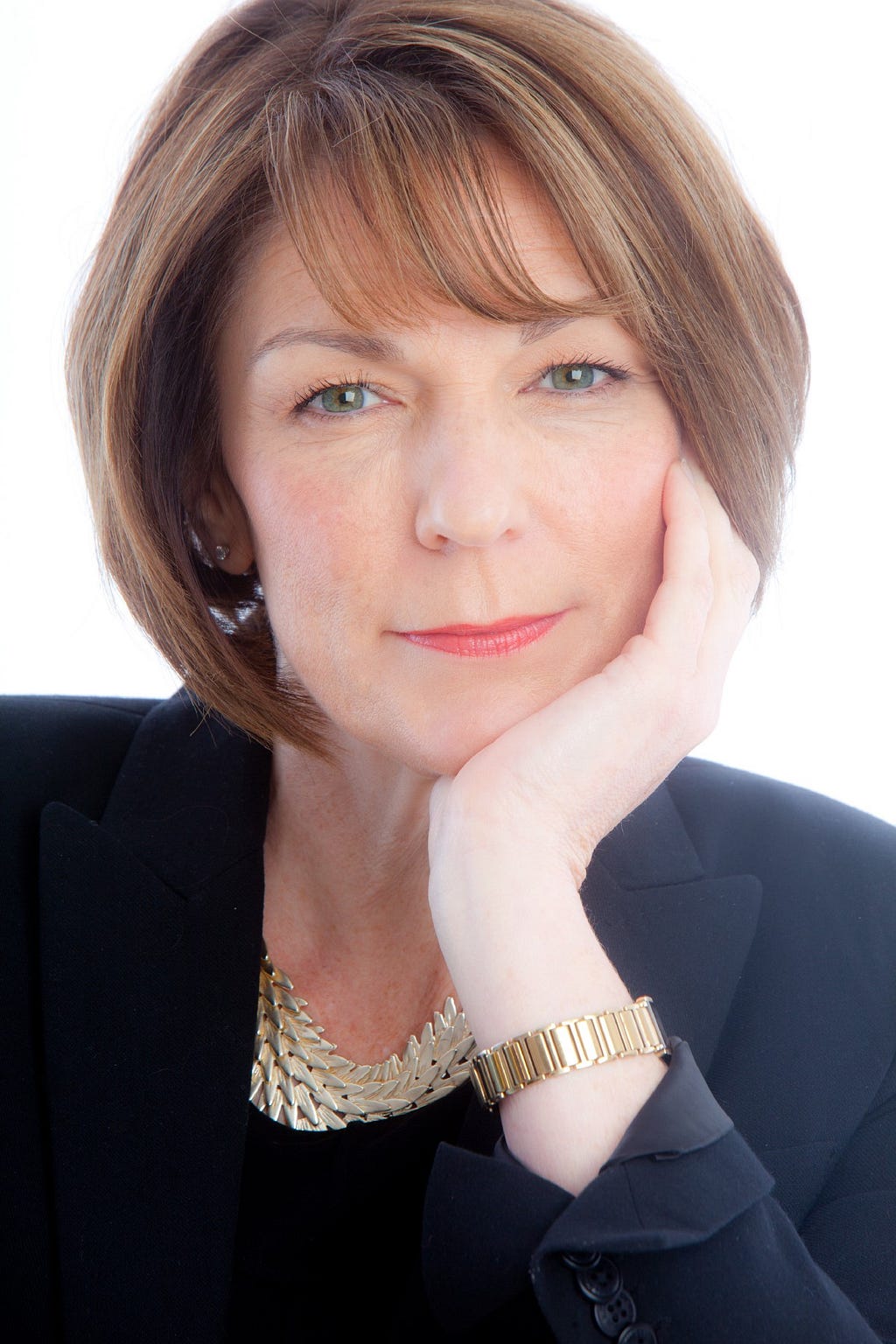
1. I would absolutely change the way we speak to our children. I think we are kind of getting there with girls but I really do think we need to look deeply at the way we speak to young boys and even the way we describe babies when they are in utero. If you think about it, the minute we know that we are carrying a girl, very often the bedroom gets decorated in a delightful soft pink and it’s all very fluffy and delicate with fairies and flowers and pretty and if it’s a boy then the bedroom is blue and it’s dinosaur themed with trucks or something that is tough and hard and macho. And even during pregnancy there is evidence from Harvard that says when a baby is kicking when you know it’s a girl then it’s having a delightful little dance and if you know it’s a boy then aaargh that’s a big kick — he’s going to be a soccer player and the difference is tangible. And that translates then to what we tell them throughout the early years of their lives. I think we’ve nearly got there now; most girls these days will be very happy to tell you they want to be an astronaut or a lawyer or a firefighter or even the next president but when you ask boys, they are still saying the same things as in the past. Boys in general haven’t yet been given permission to be sensitive, they haven’t been given permission to be the next nurse, rather than the doctor, to be the caregiver — and the assumptions we make that men don’t sew or do crafts or really use the creative side of their being, I think is really, really important. I have a poster at home that talks about the different ways that we talk to boys and girls, and my favorite quote on it is this one: “For every girl who throws out her E-Z-bake oven, there is a boy who wishes that he could find one”. I think that’s incredibly important. Right from the get go we need to be telling both genders that they can do anything they want to. We will not solve the bias that sits behind the gender pay gap if we can’t continue to raise — right from young children — individuals who have sweeping and absolutely not valid biases from one gender against the other.
2. We need to challenge the unfounded gender biases such as benevolent bias — the bias of kindness, where I choose to make a decision about your career without ever consulting you. It happens to men when they are making decisions about the careers of women but interestingly it also happens to women when they are making decisions about the careers of other women. This is because we carry the same unconscious programming, we carry effectively the same biases together and this particular one comes out in mysterious ways! The most obvious one is in maternity returners where we perhaps would make an assumption not to send that woman to an area on a project that would take her away from her family. Or not to offer her a project that would mean working late into the night, to assume that she will no longer be mobile because she has a family. Or the most deadly one — to make an assumption that she will most definitely have more time off than anyone else. Until we get to a place where we are making those same assumptions about men who have recently become parents, we are nowhere near being able to alter the assumptions about that stage of a woman’s career that can absolutely destroy her earning capability and so contribute to the gender pay gap. It’s interesting when you look at the background to benevolent bias and it does seem to stem from our early years — what we saw, whether our mothers worked or not, and indeed the deep programming that a lot of people like me over 50 got from Disney cartoons and things like “I dream of Jeannie” — where, despite the fact the protagonist is a bright, independent woman, she knows she has got to brush her hair, put the sexy clothes on and stay at home and look after the family and play the little wife. Her real work (in this case as a witch!) is hidden in case it diminishes “her man”. We carry these biases with us constantly and they come out in mysterious ways.
3. The other area of gender bias that I think we should be talking about a lot more broadly is intersectional bias. We know that the IWPRS report on sex and race discrimination in combination in the US states quite clearly that we know that discrimination in pay, hiring and promotions has a significant impact on all of the wage gaps that we are seeing. But we also know that very specifically for Hispanic women and African American women the gap is even bigger. When we look at intersectional bias, it’s an interesting thing to see. We sometimes make assumptions when we hear the word bias, that it’s about one specific thing — “I have a bias about women in the workplace.” I don’t believe that it is that. When organizations hire at graduate level, very often it is 50/50. This decreases the higher they climb –intersectional bias comes into play at higher levels. So I can see a woman doing an associate role in a law firm but I can’t actually envisage her being a partner. The bias comes in when we sit in front of a promotion panel and goes back to our early programming of “what a leader looks like”.
4. As a society, we need to ensure people are incentivized to drive the inclusion change that will lead to the pay gap closing. So ALL managers, for example, should be made accountable for driving the change. Targets around promoting greater numbers of females or insisting on a more balanced slate when recruiting are essential. But more essential still is offering a dynamic and measurable system that is linked to performance — where managers HAVE to have made some practical things happen in order to drive the right environment for ALL people to flourish. We need to start aligning inclusion to the things that matter to people — salary, bonus and promotions.
5. In some US states — including California and Massachusetts — employers are not allowed to ask job applicants how much they previously earned. Similar measures are under consideration in a number of other states. These laws to stop “previous salary” questions can help break the cycle of gender pay disparity by removing the link between historic inequalities and pay negotiations. In 2017, when the law was announced in New York, the chair of the NYC Commission on Human Rights, Carmelyn P Malalis, said it was designed to “break the cycle of income inequality” and put an end to women and people of color being “held back by their current or previous salary”.
It’s interesting that we still shy away in general from conversations about wages. Perhaps if we weren’t so polite, we would have women asking men about what they earn and, better still, men asking women — and supporting them to take it up with their employer. Now that would be something!
(Full context here )
Cate Luzio, CEO of Luminary
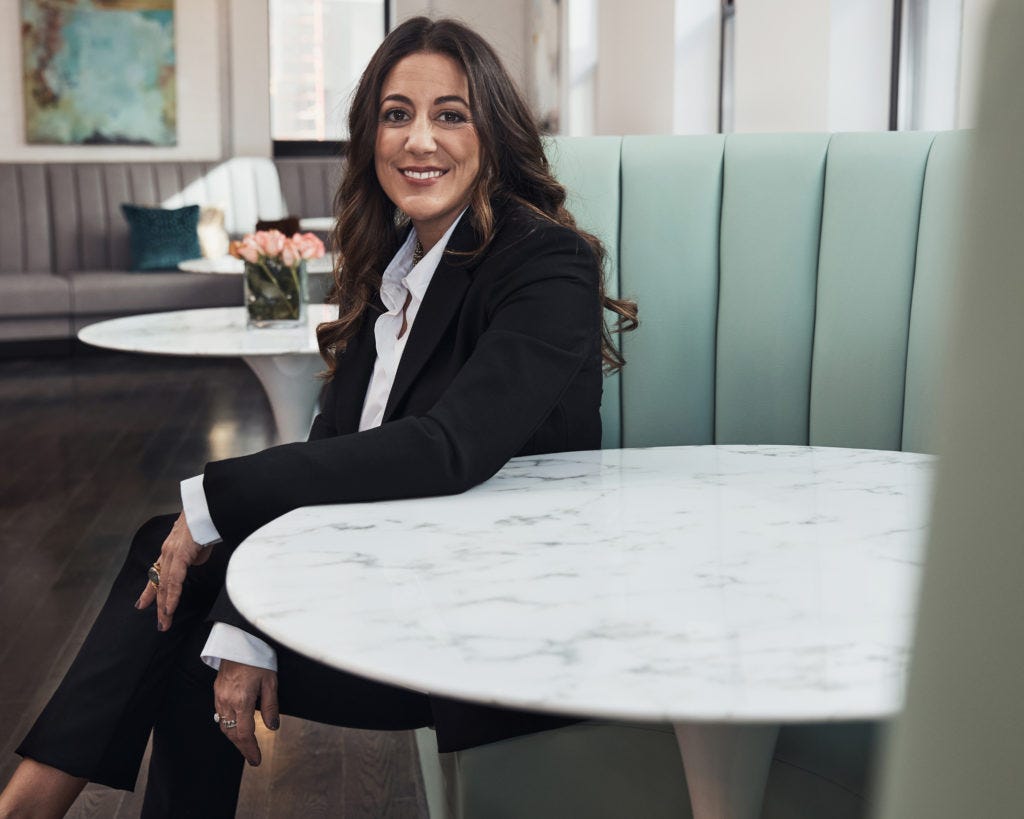
There is a serious talent pipeline problem across all industries. If over half of all new hires are women, we should see stronger diversity at all levels and in leadership. We won’t close the wage gap or reach gender parity if we don’t promote women early and often — and on potential, not just performance. It’s critical to invest in women throughout their careers to make sure that we don’t lose them mid-career.
No one cares about your career more than you. Raise your hand for growth assignments, go for that raise, and know your number. It’s important to know the value of your work to ask for what you deserve. It’s okay to talk about salaries with your friends, mentors, and peers so that you have a range to benchmark against. If you don’t get a raise don’t give up, ask for feedback, and set a timeline to ask again.
Julia Shapiro, CEO of Hire an Esquire
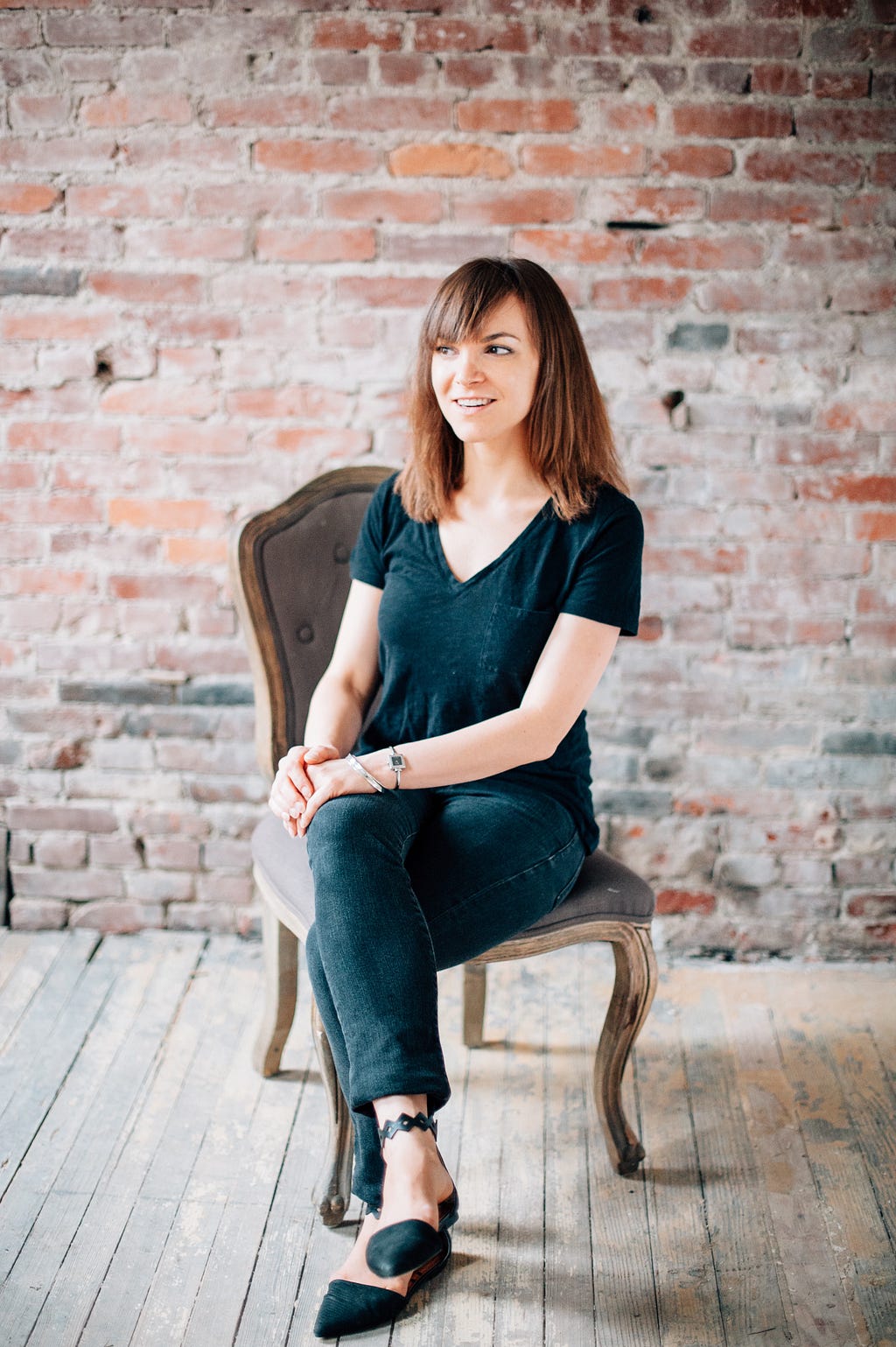
- Policy: Well-crafted, enforceable equal pay policies are shown to strengthen the economy and society. Also parental leaves need to be equal for parents. Not only are many families dependent on two incomes with fathers taking on increasing parental responsibilities, parental leave policies that aren’t equal prove further detrimental to women in their career trajectory.
- Use of structured hiring processes: These have been proven to decrease bias and improve outcomes. I’m encouraged by the developments I see here. These changes are performance-driven to get the best talent and outcomes in an increasingly transient and competitive talent market, reducing bias is a side effect.
- Rethinking the early narratives we have about boys and girls: Letting children develop who they are as people and being careful not to provide unconscious nudges towards gender stereotypes. Personality traits are shown to be evenly distributed across populations and children begin to become “gendered” based on social cues and this actually has an impact on career choices and earning potential. One small example is that children show no preference for gendered toys before gender is reinforced. Girls receive toys such as dolls that promote skills like empathy. Boys receive blocks and building toys that promote spatial, logic, and problem solving skills, which are conducive to success in STEM careers and standardized tests.
- Change the narrative that rights and wages are a zero sum game: Greater workforce participation tends to overall expand the opportunities and economy for everyone. We’ve seen this in the US both with immigration as well as with women increasing their participation in the workforce. The same is true of other rights and protections. Women, men, and people of various ethnic origins aren’t in a fight over a limited amount of jobs, payroll dollars, or rights, everyone working together has an exponential effect and everyone can walk away with more.
- Stop the narrative that women need more “flexibility” and balance: This implies women are giving their work less gravitas than their male colleagues and as studies discussed above show, this isn’t true. Instead the false expectation that women are less committed is what’s hurting their advancement. We need to stop using this as a cop out on why women make less money and are less represented in leadership since it is not only false but further contributes to this false narrative and resulting unconscious bias.
(Full context here )
Grace Atwood, Co-Host of Bad on Paper Podcast and Founder of The Stripe

First, I would say that it’s so important that women advocate for each other and openly discuss money with their peers, male and female. I remember early in my career discovering that my male coworker was being paid considerably more than I was and using this information to leverage a raise. There’s definitely a stigma associated with talking about money, but those uncomfortable conversations will help you better negotiate.
The other thing I would say is to negotiate! It’s shocking how many women will accept an initial offer and not ask for more money. Something I’ve learned from my co-host Becca Freeman is that a lot of the time, the hiring manager has a bigger budget and actually expects you to negotiate. This revelation really stuck with me and is so simple but incredibly powerful. We’ve since had countless listeners tell us that after listening to that episode they were able to negotiate a raise.
Dr. Tana M. Session
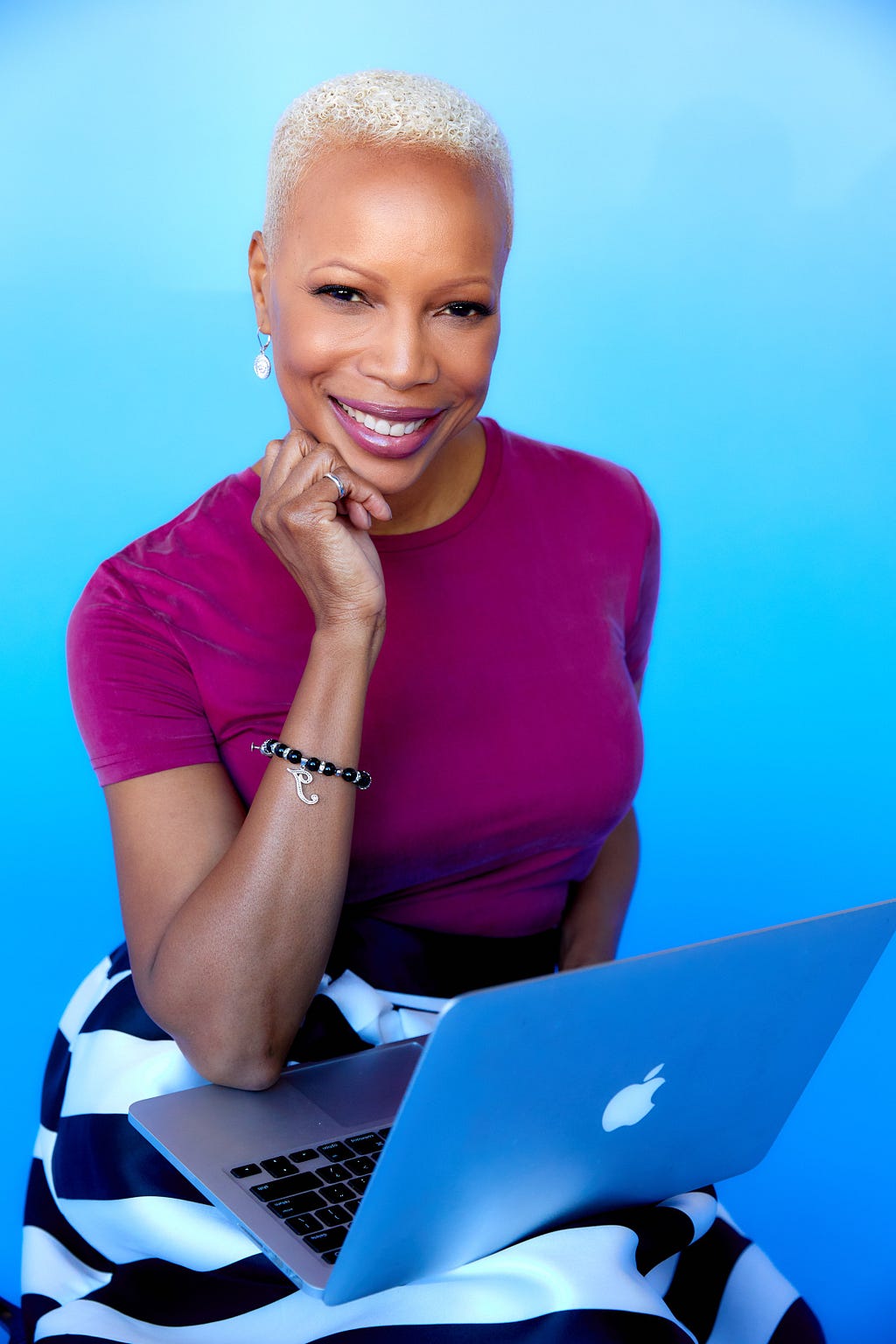
1. Own your worth! Women must become comfortable negotiating for higher starting salaries and annual increases based on reliable market data and research. Start talking finances with other men and women and share resources and information on salary ranges in your industry. Information is power!
2. Whenever possible, do not disclose your current salary to a new employer during the interview or salary negotiation process. If you are currently underpaid, your new employer may offer you a lower salary than they budgeted for the position because their lowest offer may still be a significant increase over your current salary. There are several states who have made it illegal for employers to ask about current salary prior to making an offer to help decrease the wage gap for women and minorities.
3. Women should raise their hands for new and bigger projects to gain leadership experience and exposure to decision-makers. This will take some strategic self-promotion skills, but it is necessary to help elevate your career and your salary. Also, actively seek out promotions or new positions even if you do not have all of the listed requirements for the job. Men do it all the time!
4. Organizations should conduct regularly salary audits for all positions and compare female employees’ salaries against their male counterparts who are in the same job with the same or comparable responsibilities, experience and education. The numbers don’t lie! Put a plan in place to bring women’s salaries in alignment with their male counterparts, even if the increases have to be incremental over a 6–12 month period. Openly sharing the salary audit results and adjustment plan with employees will help boost employee engagement while holding the organization accountable along the way.
5. Organizations should regularly review the diversity, equality and inclusion of their leadership teams to ensure they are hiring and promoting the best person for the job. Also, review market data to ensure salary ranges are meeting local job market demands. This is a good time to make internal salary adjustments to current staff’s salaries to ensure internal equity and to help all employees remain competitive with the external job market.
(full context here)
Kaiwen Wan, CEO of Palapod
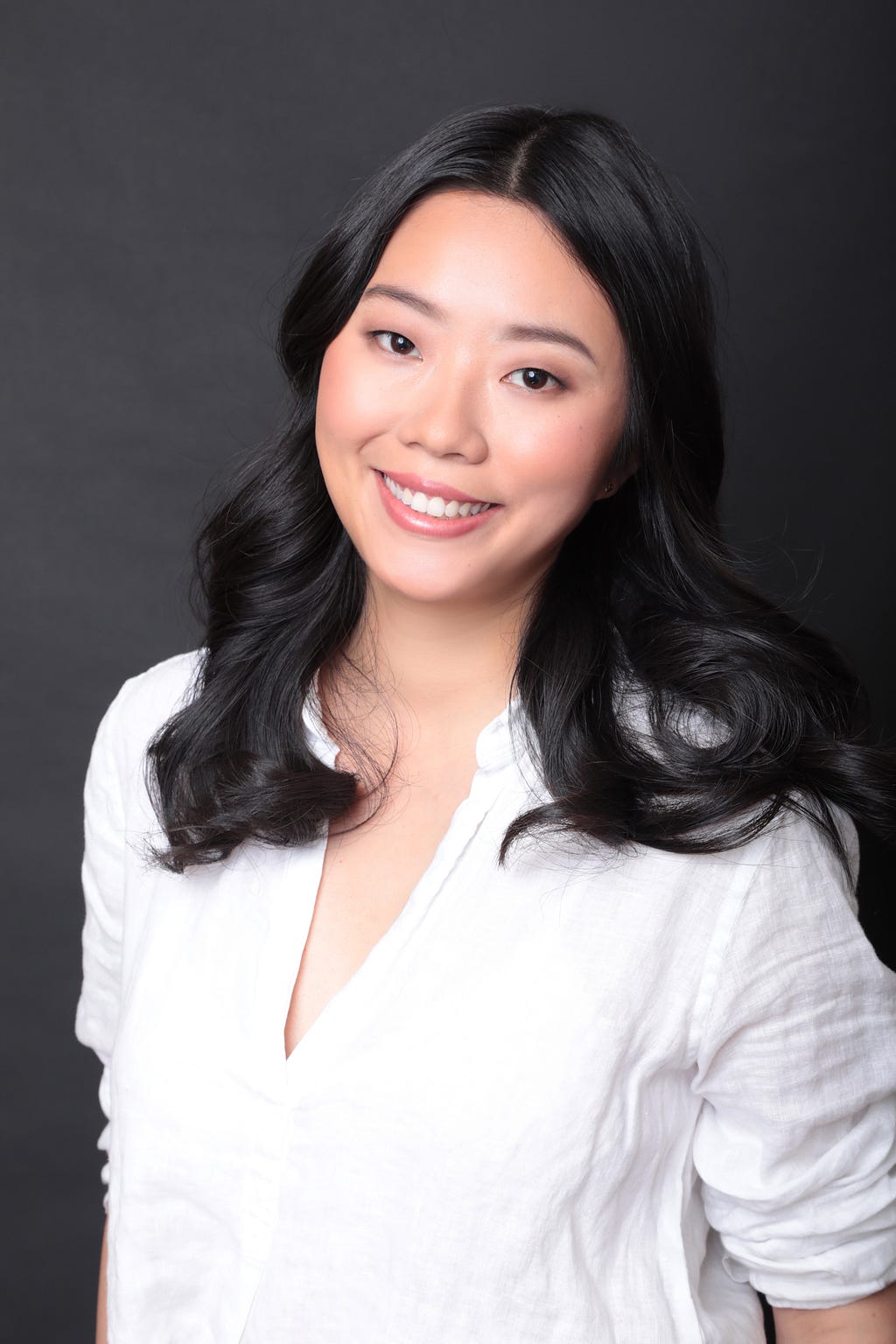
1) Men need to take up the cause. It should not simply be seen as a women’s issue but a human issue.
2) Women need to create a global movement on the scale of #metoo because wage inequality is a massive issue throughout the world. One of the things that brings the US and China together in this time of tense relations, for instance, is the fact that both have yawning gaps in wages between men and women. If the men of both countries wish to fight each other, so be it — but I think women can come together.
3) We need political candidates to bring the issue to the forefront. This election season in the US is better because we have plenty of female candidates, but I also strongly support Andrew Yang because his “freedom dividend” would bring monetary compensation for the unpaid work predominantly done by women in our society, such as childcare.
4) We need more people to study the wage gap. When was the last time you heard of someone who double-majored in gender studies and economics, for instance.
5) We need more female entrepreneurs! That’s part of the reason I’m building Palapod because women need to know they can build something, and not simply within the tech bubble either — it’s a whole society movement. The other reason it’s great to have female entrepreneurs is that female entrepreneurs are also female bosses, and female bosses sure aren’t going to pay women less.
(Full context here )
Elizabeth Pearson
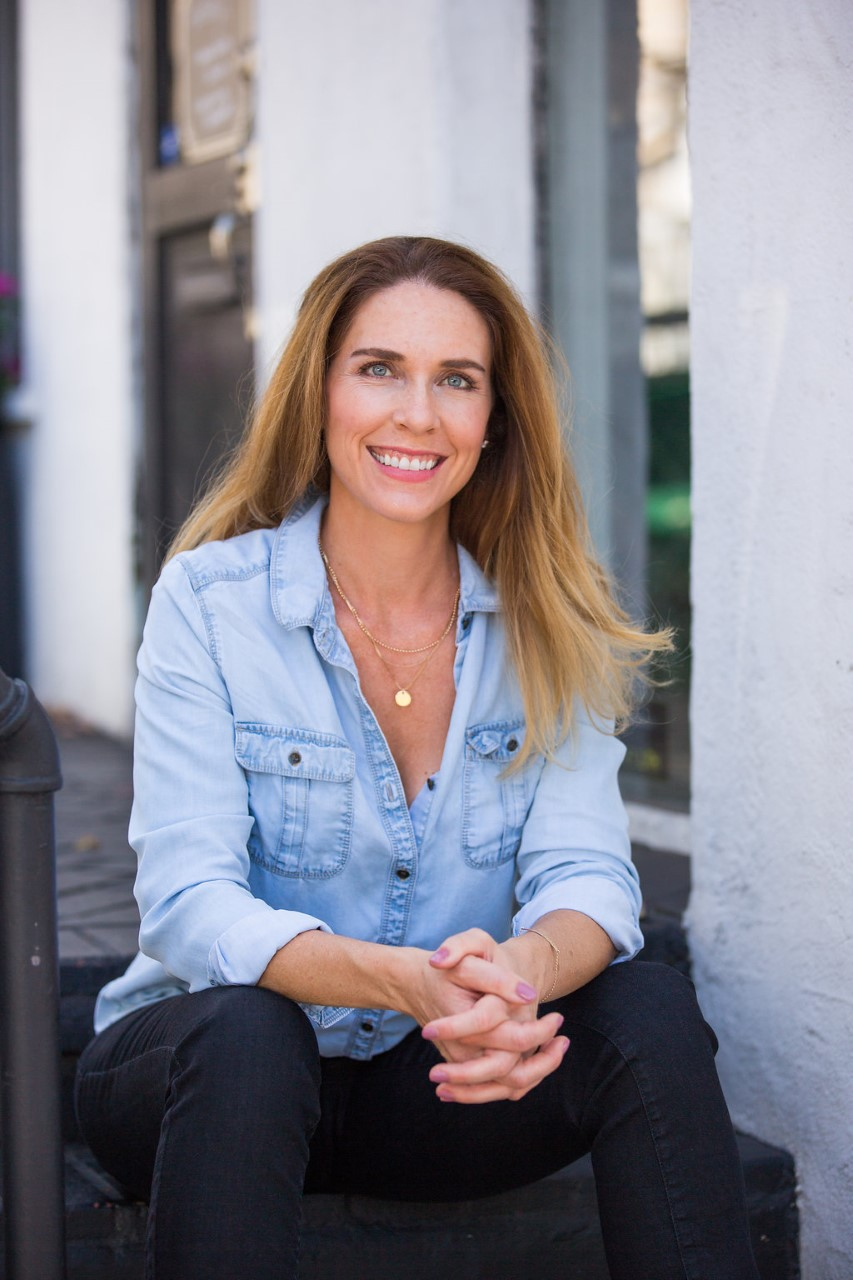
- Sustained action from businesses: Equal paternity leave for new dads so they can carry more childcare weight and free-up moms to go back to work.
- Government support: Affordable childcare for new and single mothers is critical to ensuring women return to the workforce.
- Awareness of biases: Companies will need to take a good look in the mirror, and at their payroll, to see if there may be underlying biases and sexism happening within their organizations.
- Women becoming skilled negotiators: The more confident and assertive women present themselves, the easier it will be to ask for what they need — and the less they’ll care about being “unlikable” to their boss.
- Parents overriding socialized norms for girls to be people pleasers and nurturing: When we empower our youth to see girls as equals, we raise men and women who expect to pay women at the same level as men.
(Full context here)
Rona Borre CEO of Instant Alliance
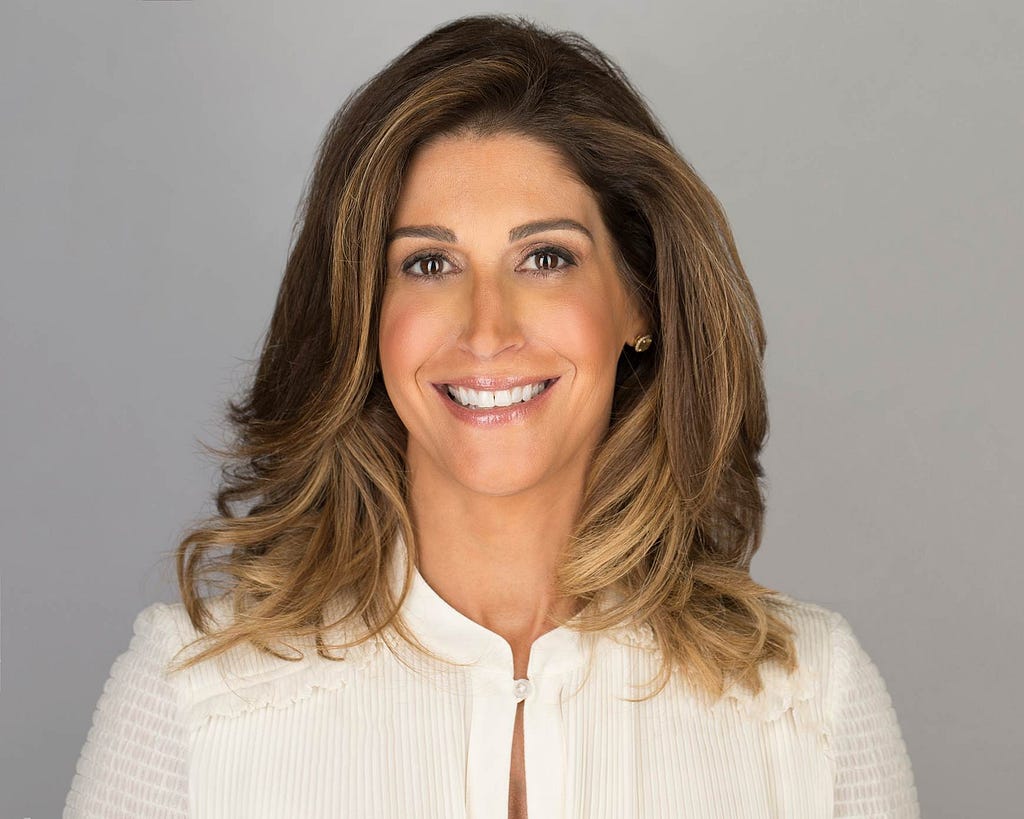
I think the gender wage gap is caused by a combination of factors, the largest of them being institutionalized gender discrimination. Put simply, women have been paid less than men for years, and changing this standard will not happen overnight. I still can’t believe that it was less than 100 years ago that women earned the right to vote in our country, but that’s the way it is. Women have traditionally been seen as mothers first and breadwinners second, and even in modern day America, this underlying perception of our roles in society persists. So we’re held up against this standard of being able to raise children while simultaneously excelling at the office. I don’t mean to blame all of this on men, either. We women hold ourselves and each other to extremely high standards, and we’re really hard on one another. If we’re too focused on our careers, we’re bad mothers and wives. If we’re too focused on raising our families, we aren’t putting enough effort in at work. And I think we hold ourselves back sometimes too. Whether we don’t think we’re good enough for the promotion we want, or we don’t think we’re qualified to be managing men, we sell ourselves short and actually get in our own way.
I would challenge women first to start pursuing the jobs that they are passionate about, whether or not those jobs fall within traditionally male-dominated fields. I started in the tech world at a young age and worked really hard to get to where I am today, but I realize how intimidating those industries can be. Success in these fields for women isn’t impossible, but I think too many of us women assume it won’t be worth the hard work. We think that we won’t be considered for a role because of our gender or will be immediately out-qualified by the men in the room. This is evident in the fact that women only apply for jobs they are 100% qualified for, while men apply for jobs even if they only meet 60% of the required skills. We need to start giving ourselves more credit and demanding the respect and job recognition that we deserve. Then, we need to support one another. We need to make sure both men and women alike are supporting women in their endeavors in these traditionally male fields. That being said, if we’re going to ask that men respect us in our careers, we need to make sure we as women as giving each other that support and respect as well. I see way too many situations in which women are tearing each other down, and it is so frustrating. We’re all up against the same obstacles, and the last thing we need is to add further challenges for our female counterparts.
(full context here )
10 Prominent Women Leaders Share What We Each Need To Do To Close The Gender Wage Gap was originally published in Authority Magazine on Medium, where people are continuing the conversation by highlighting and responding to this story.


